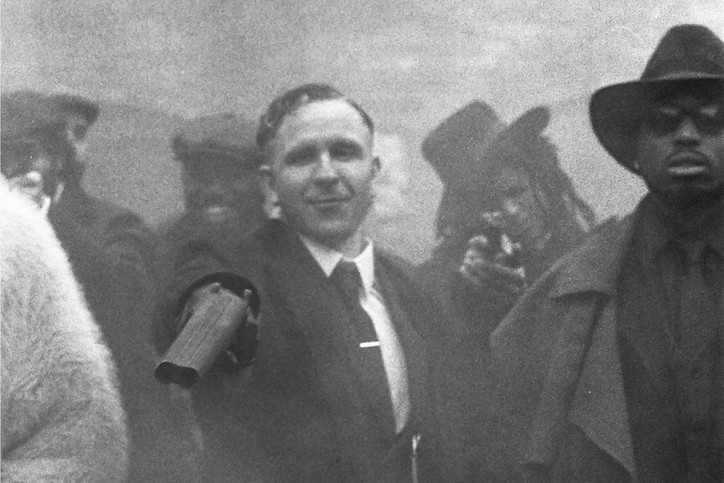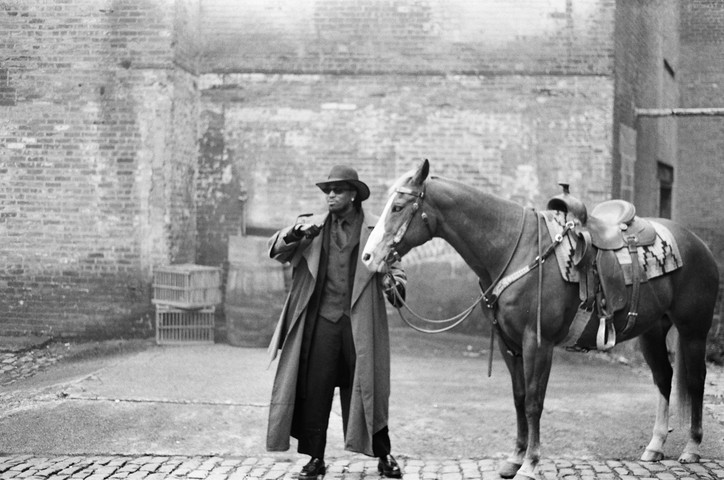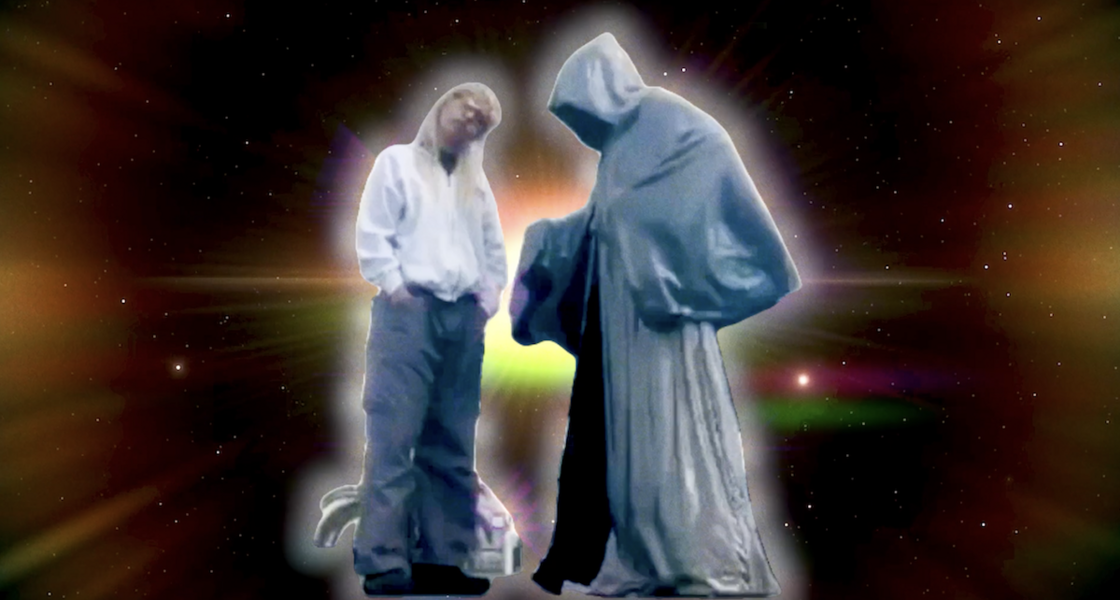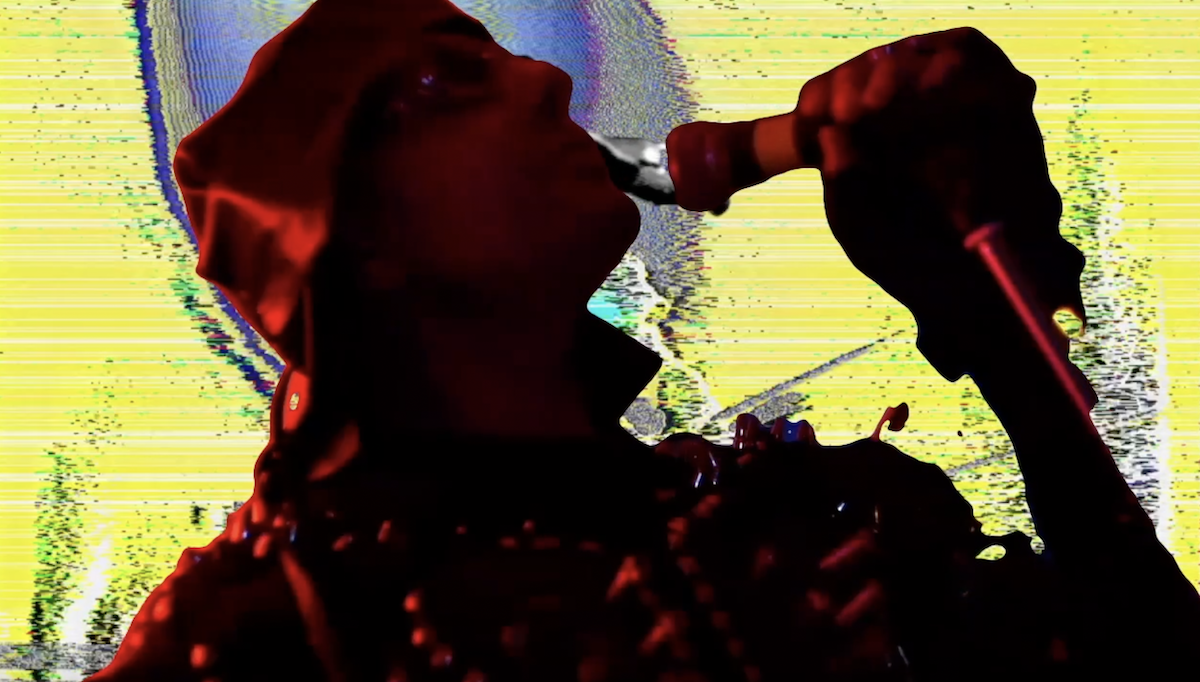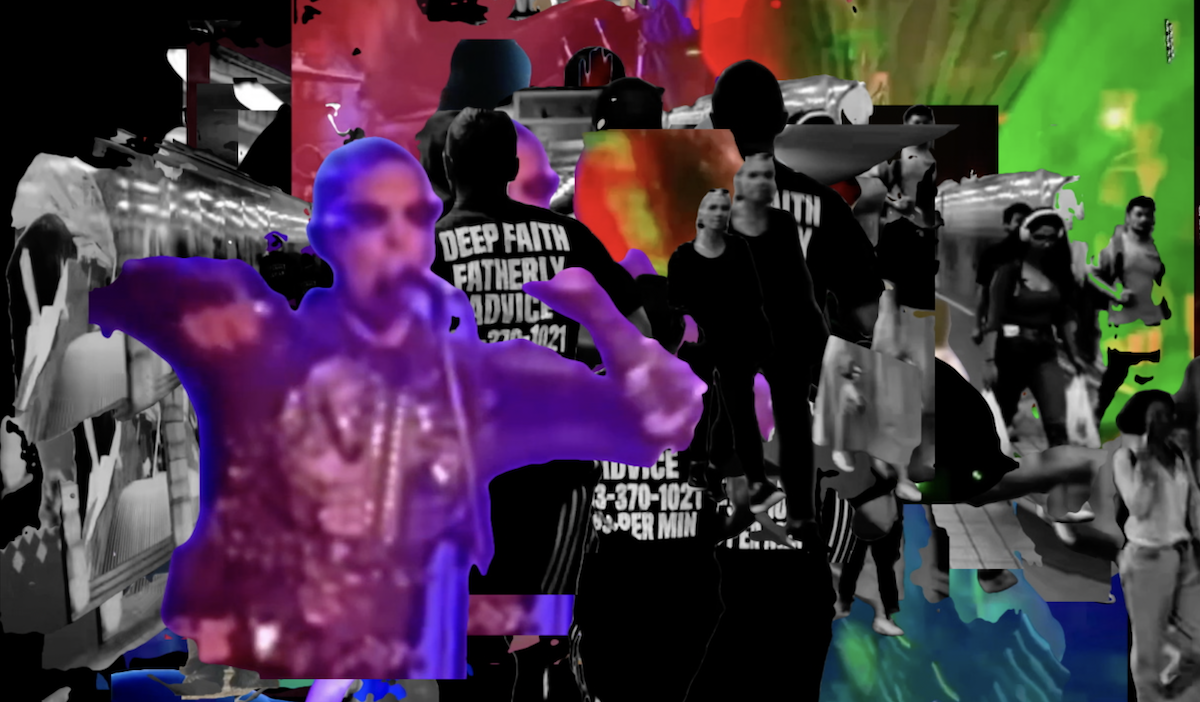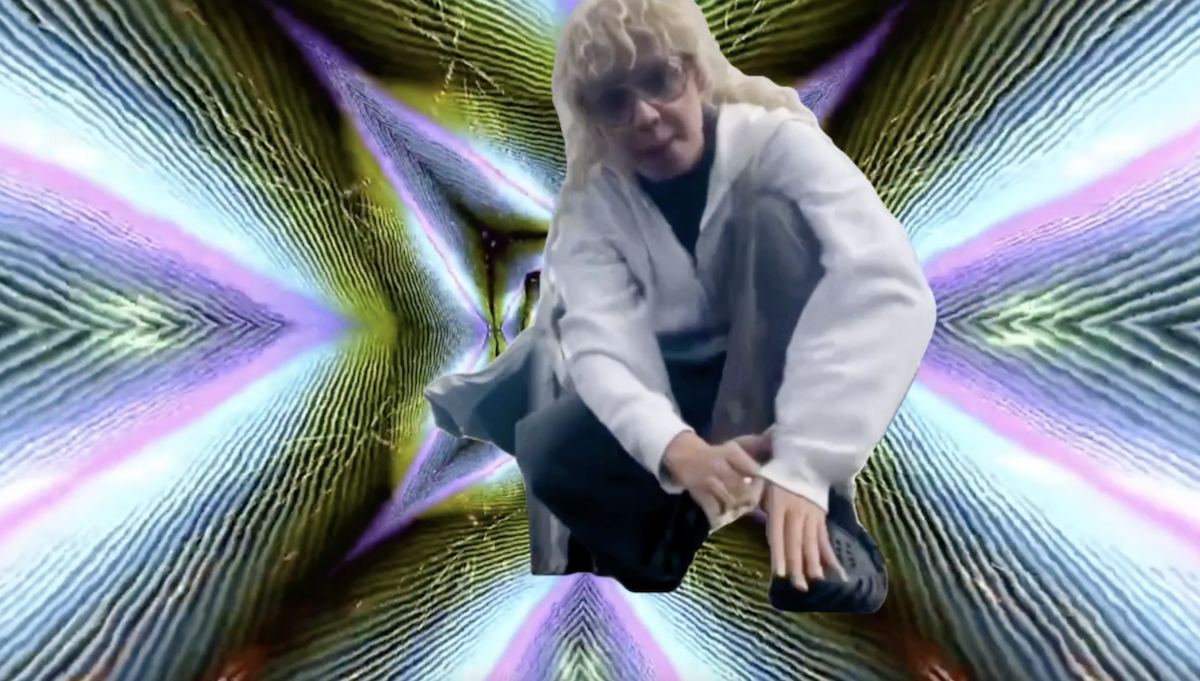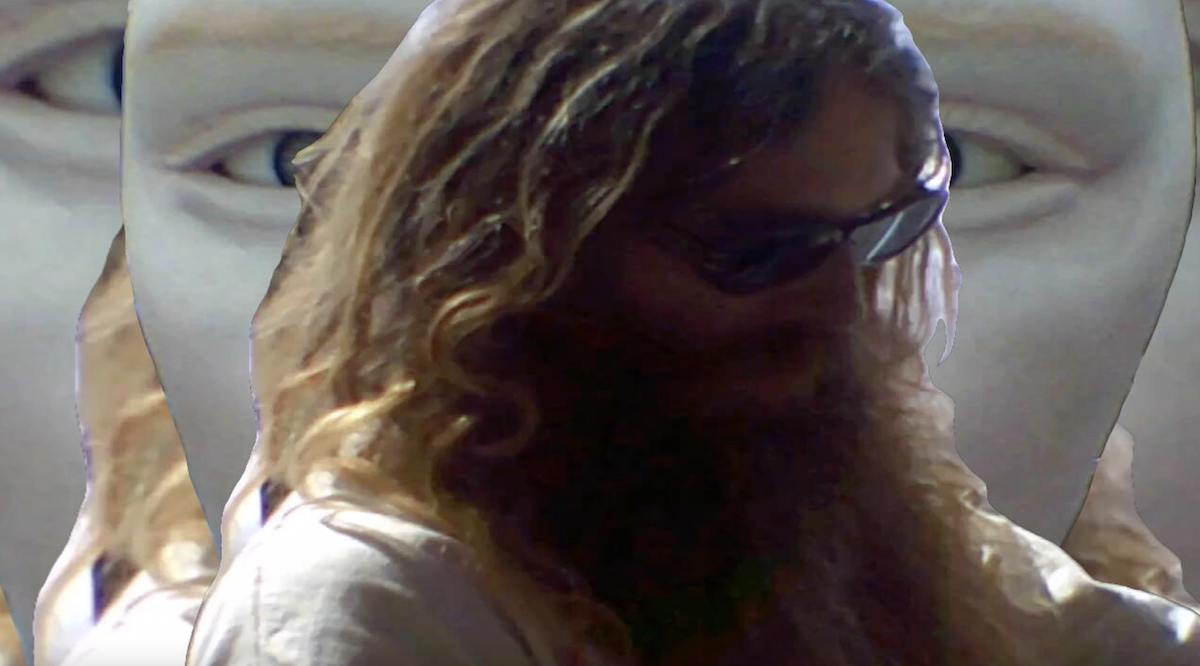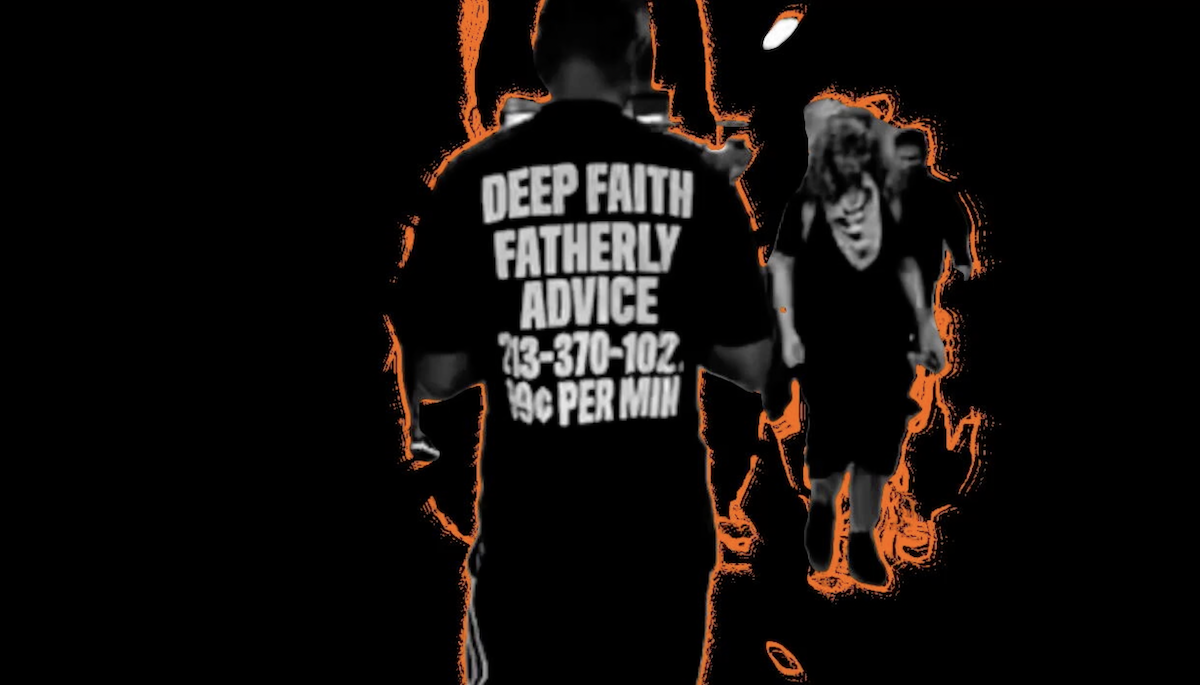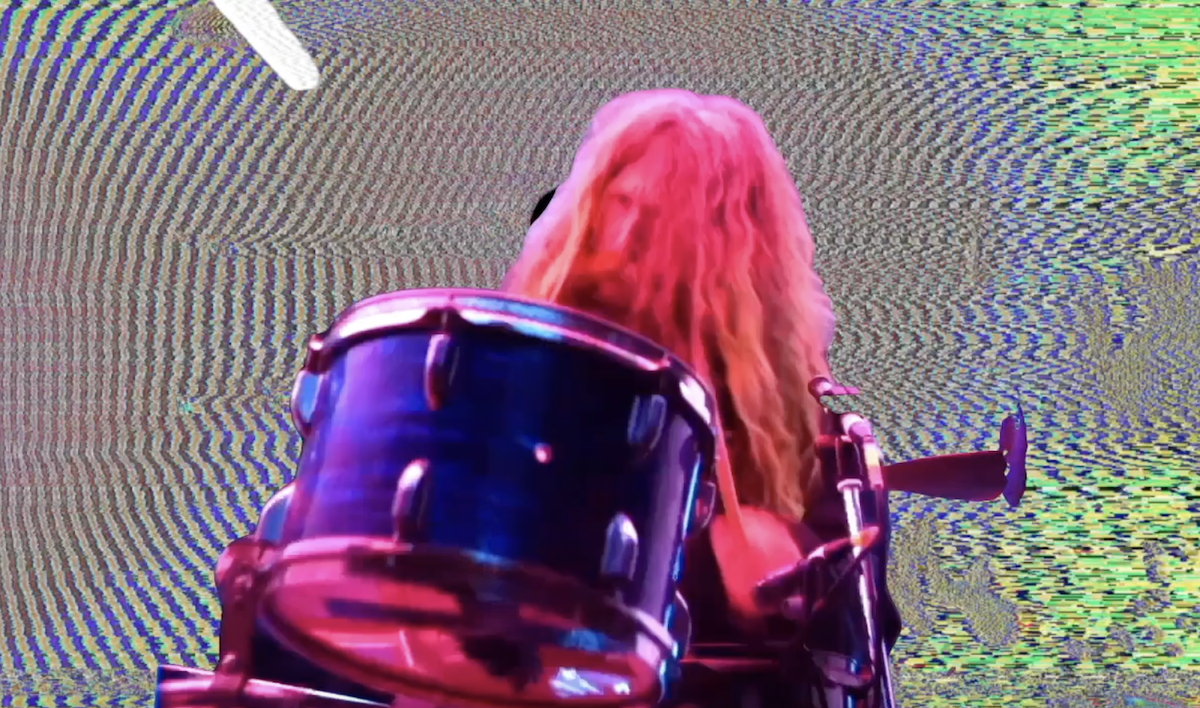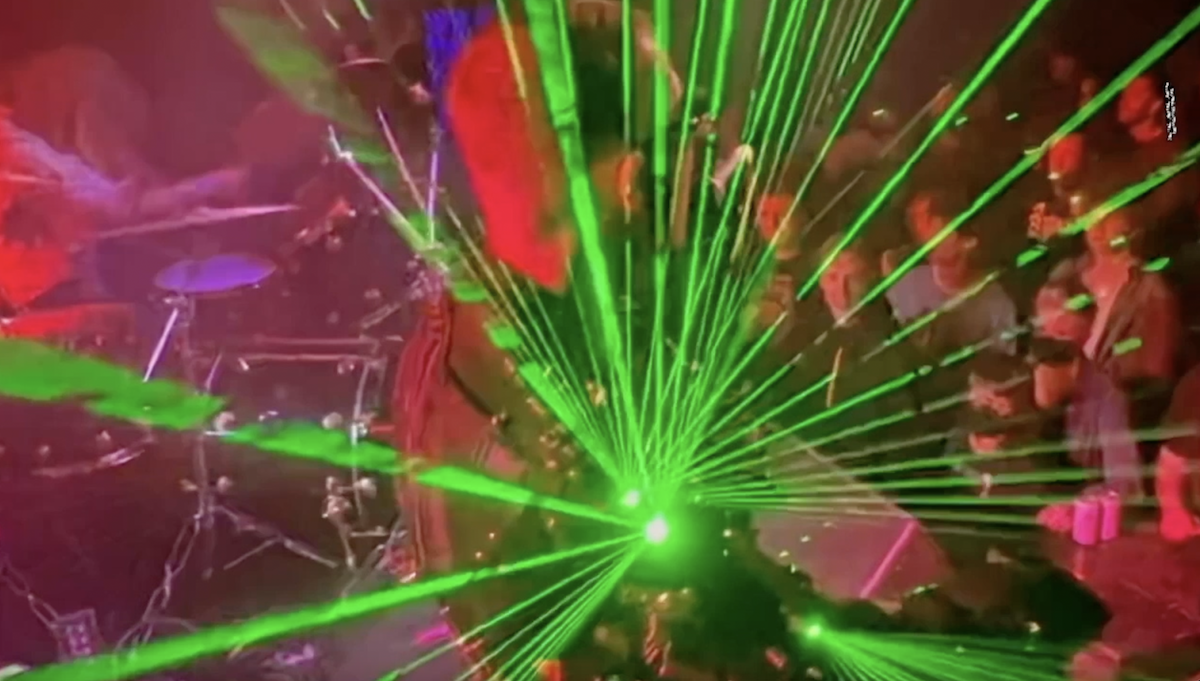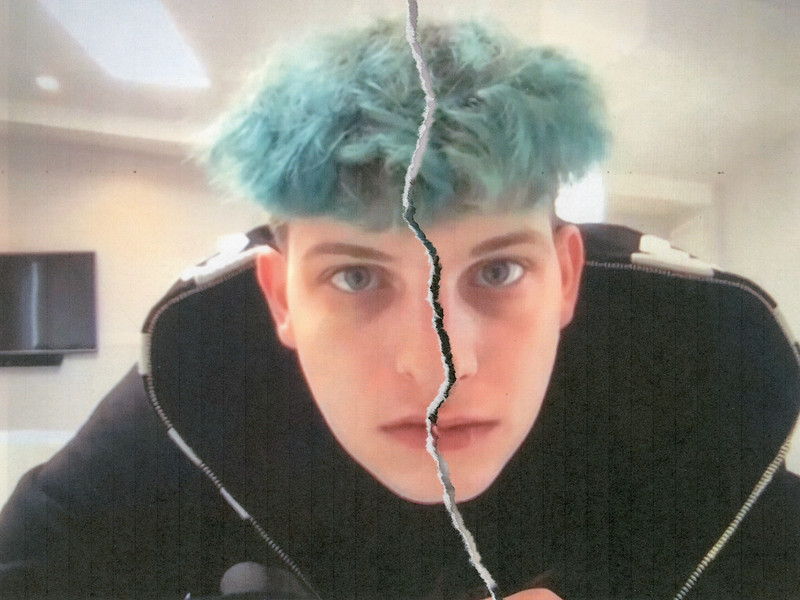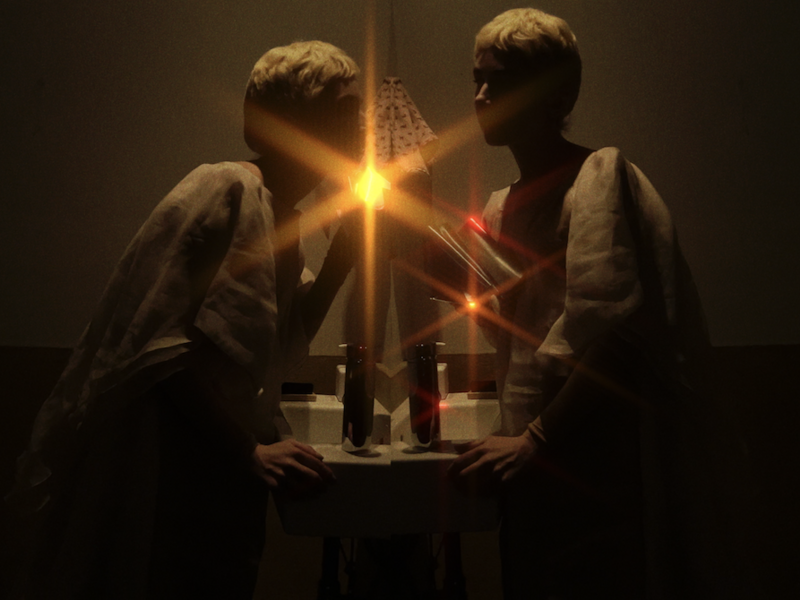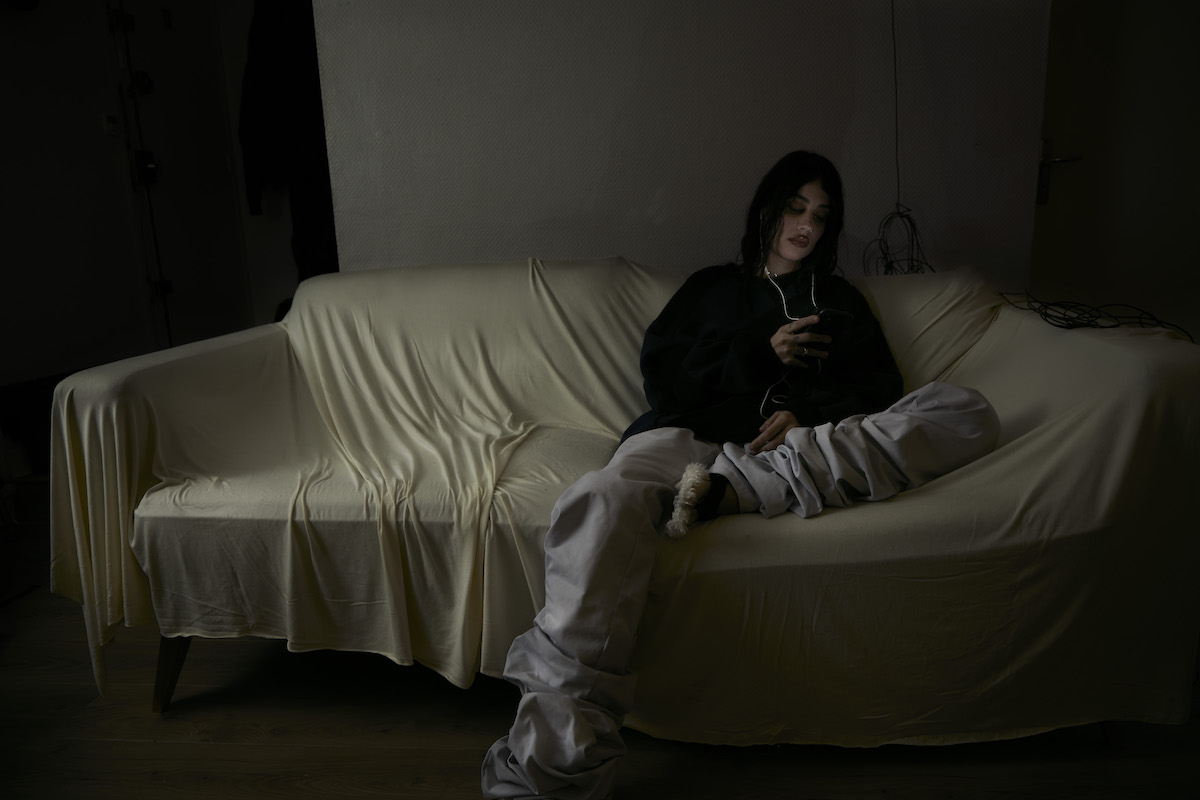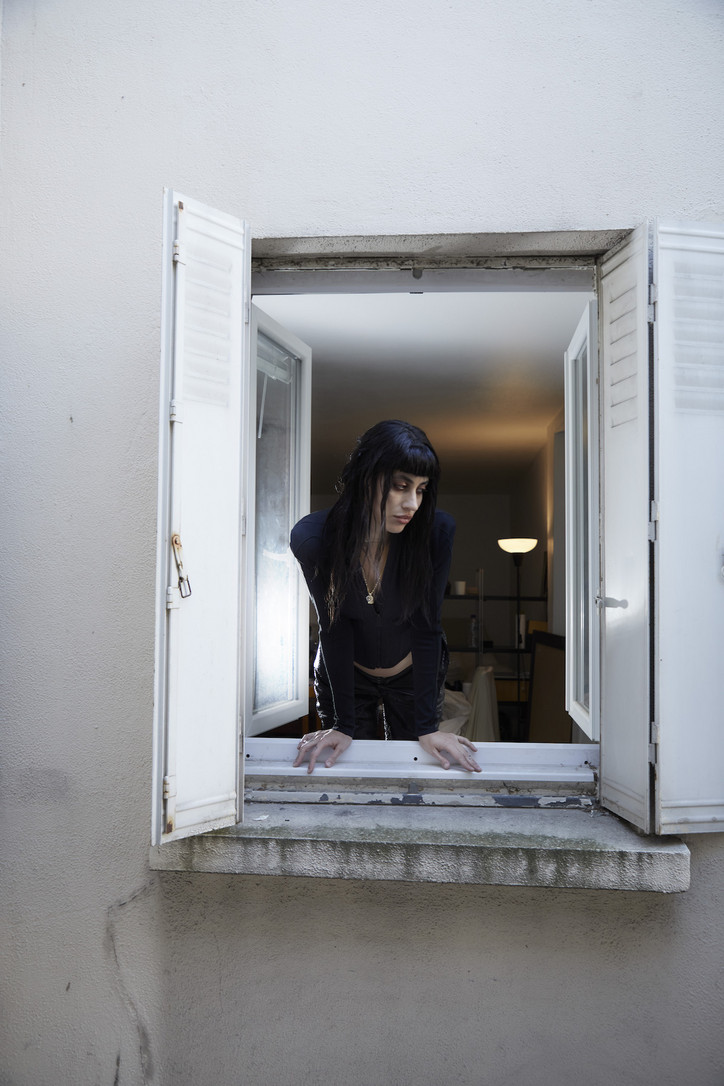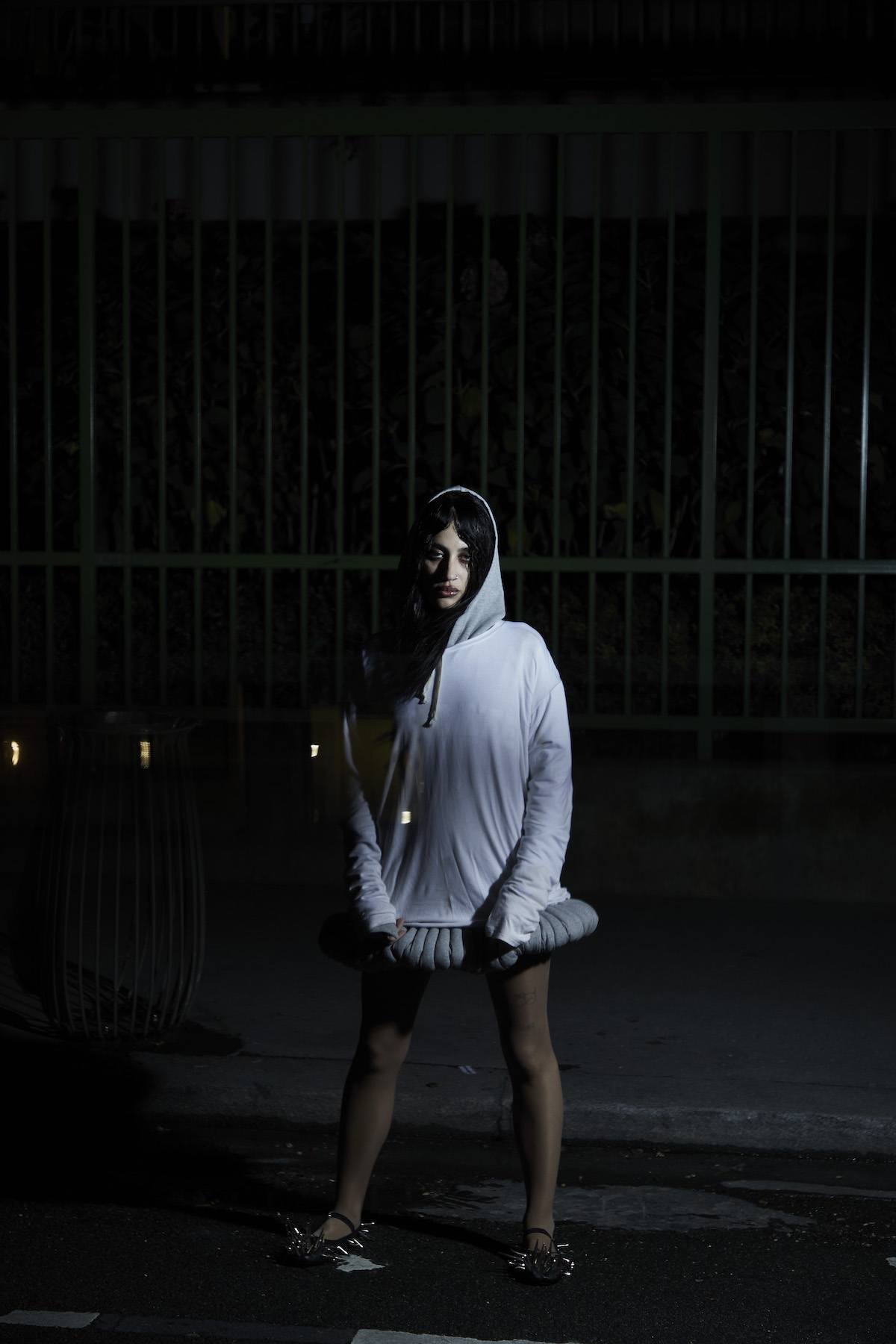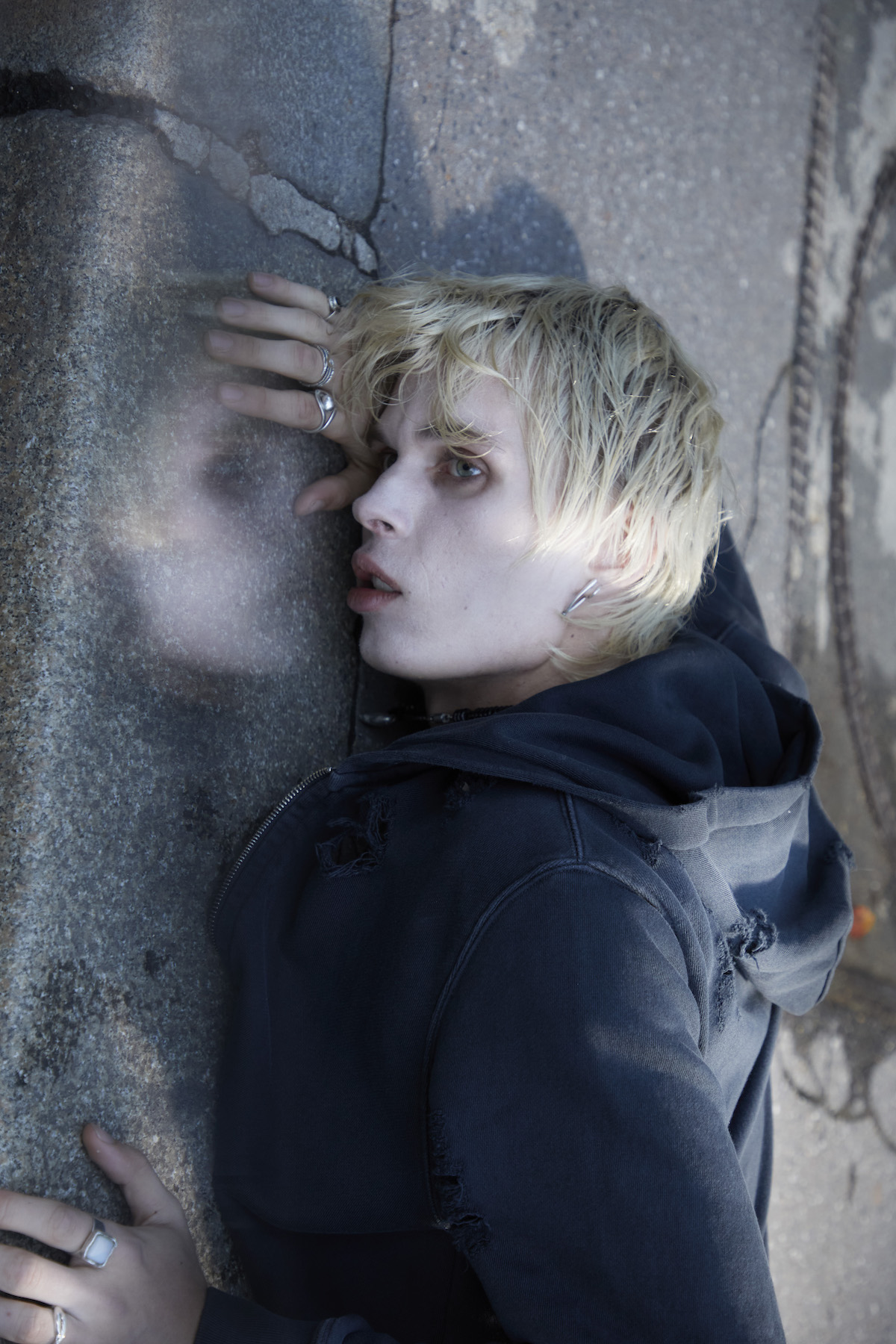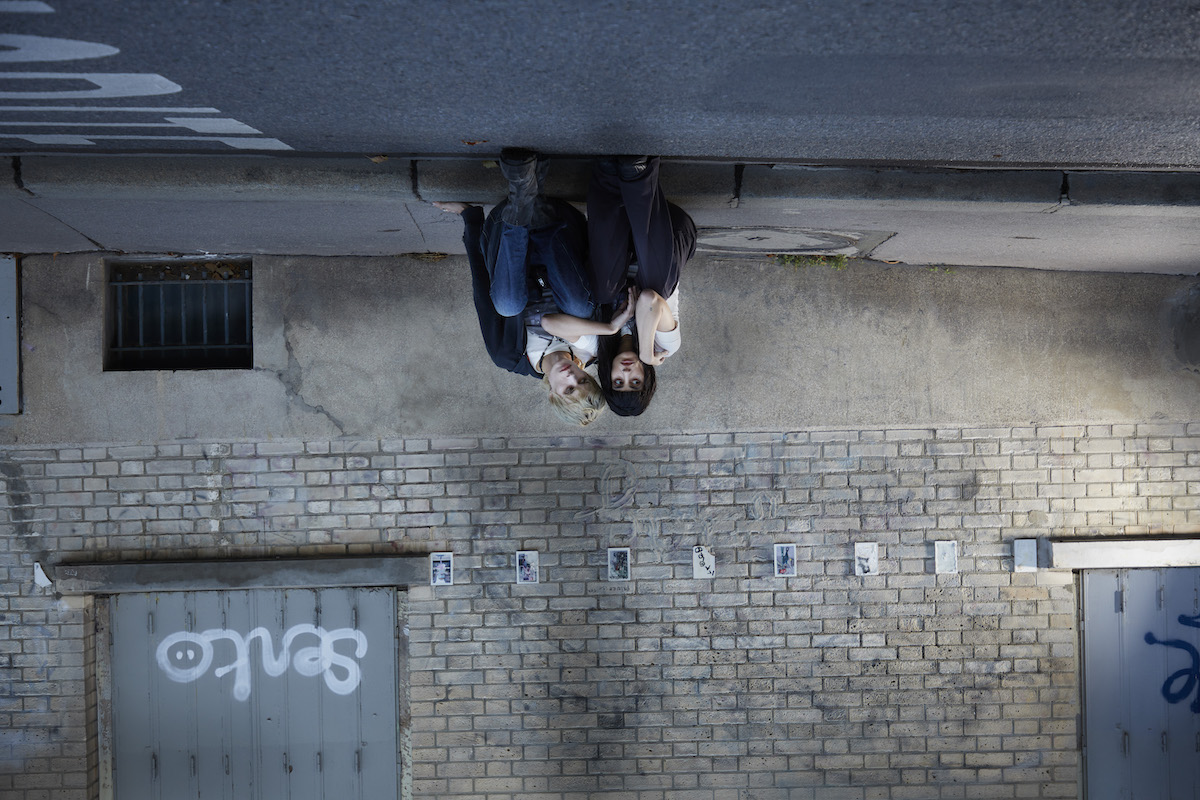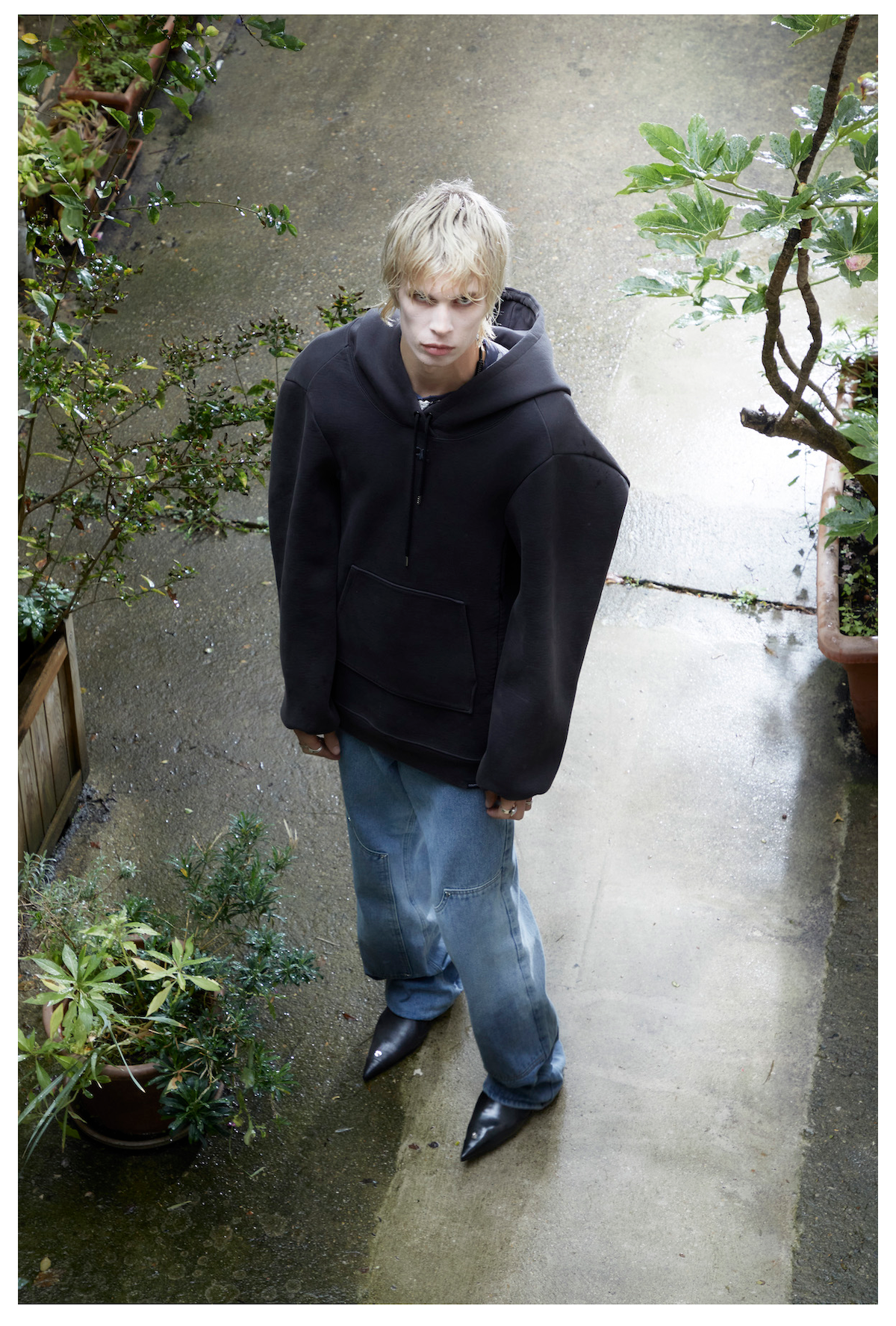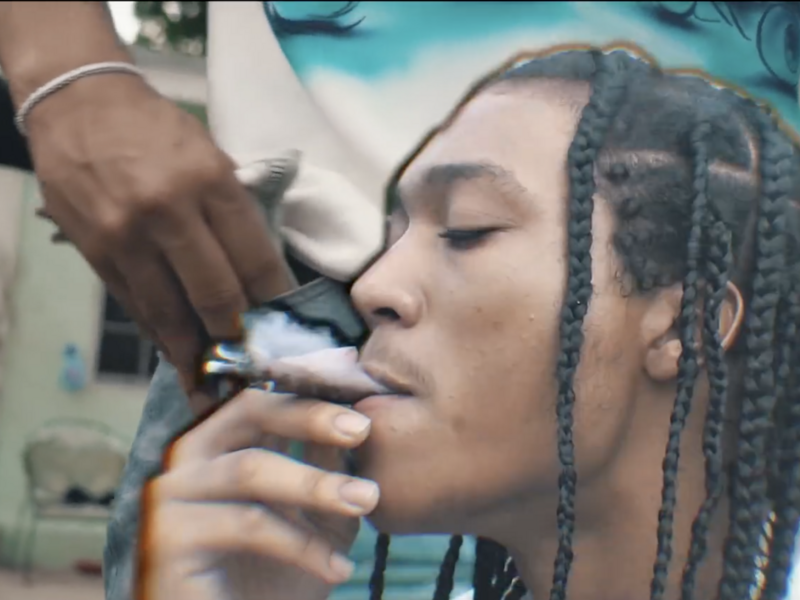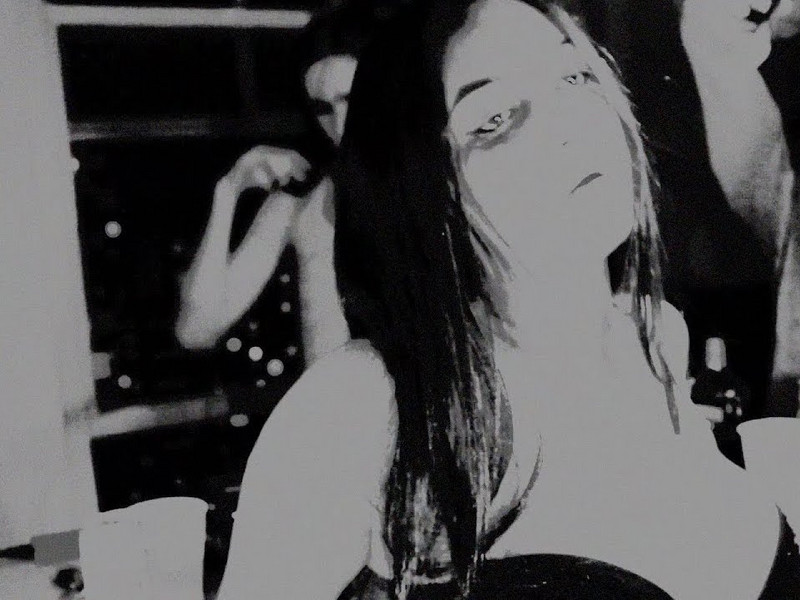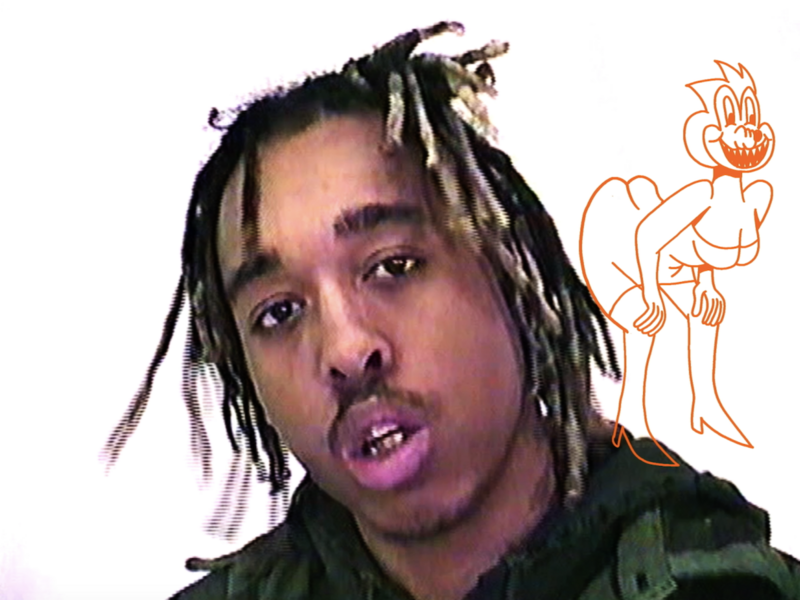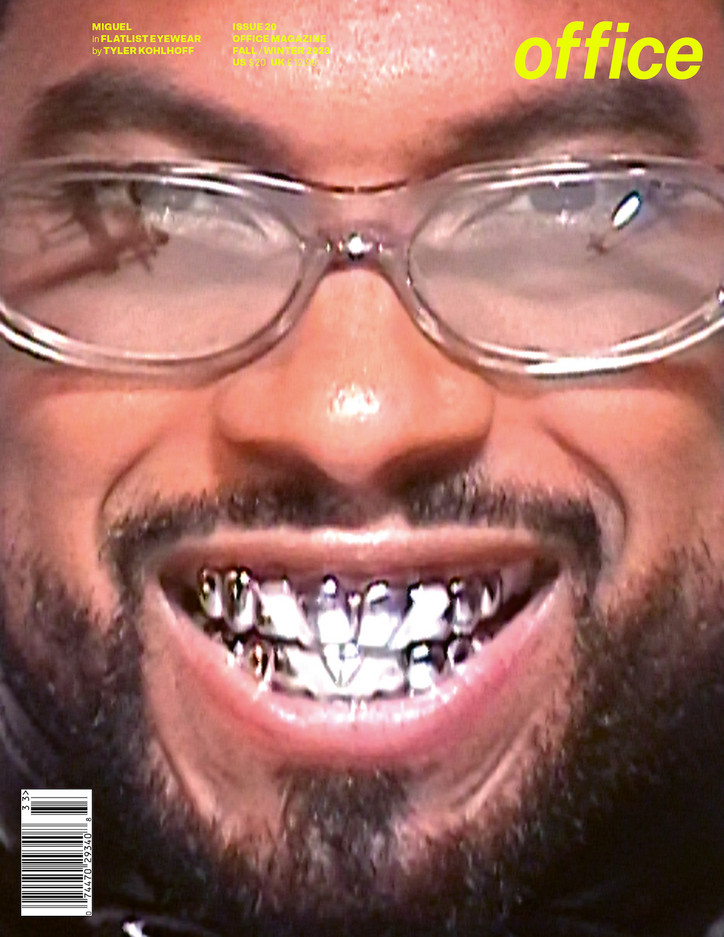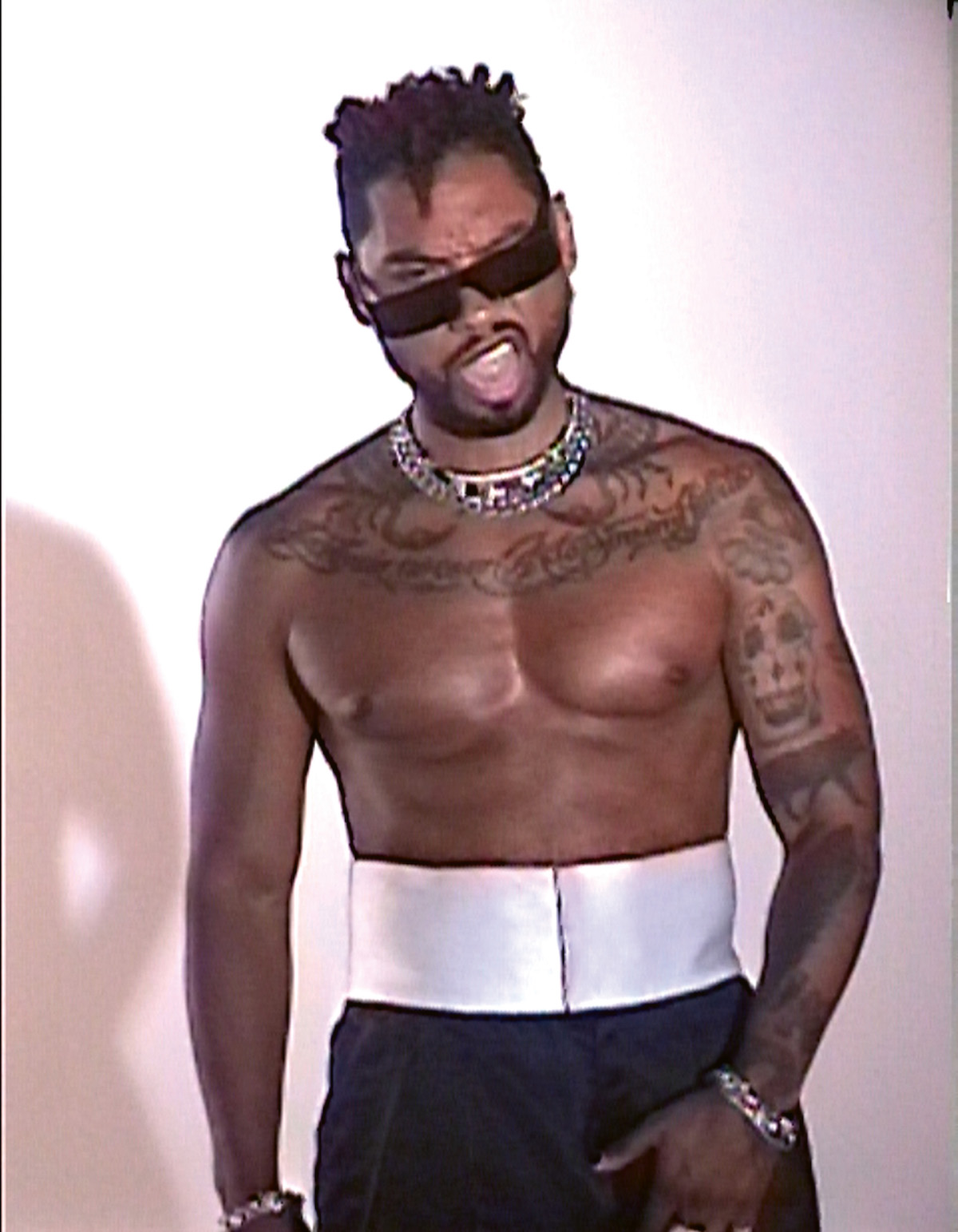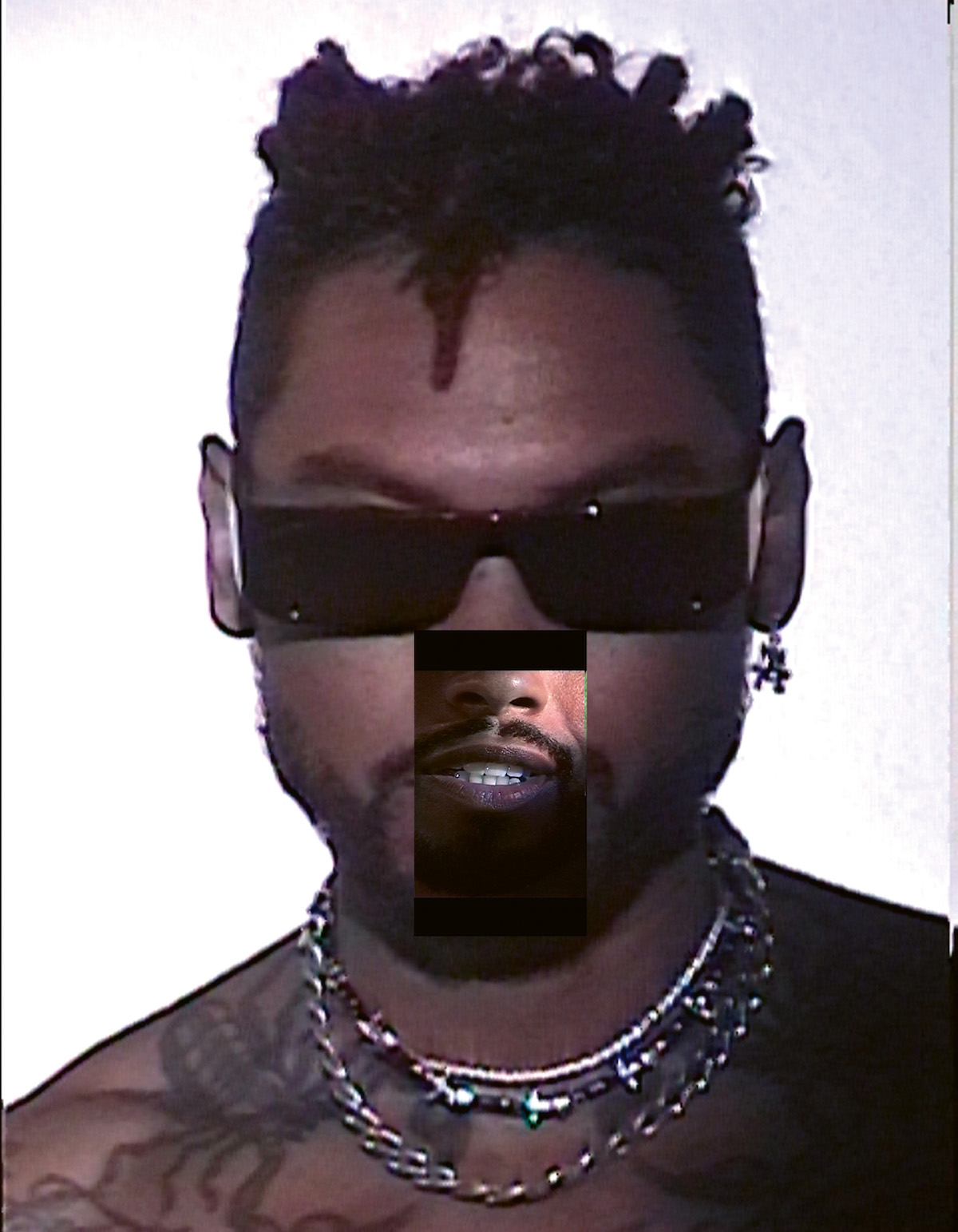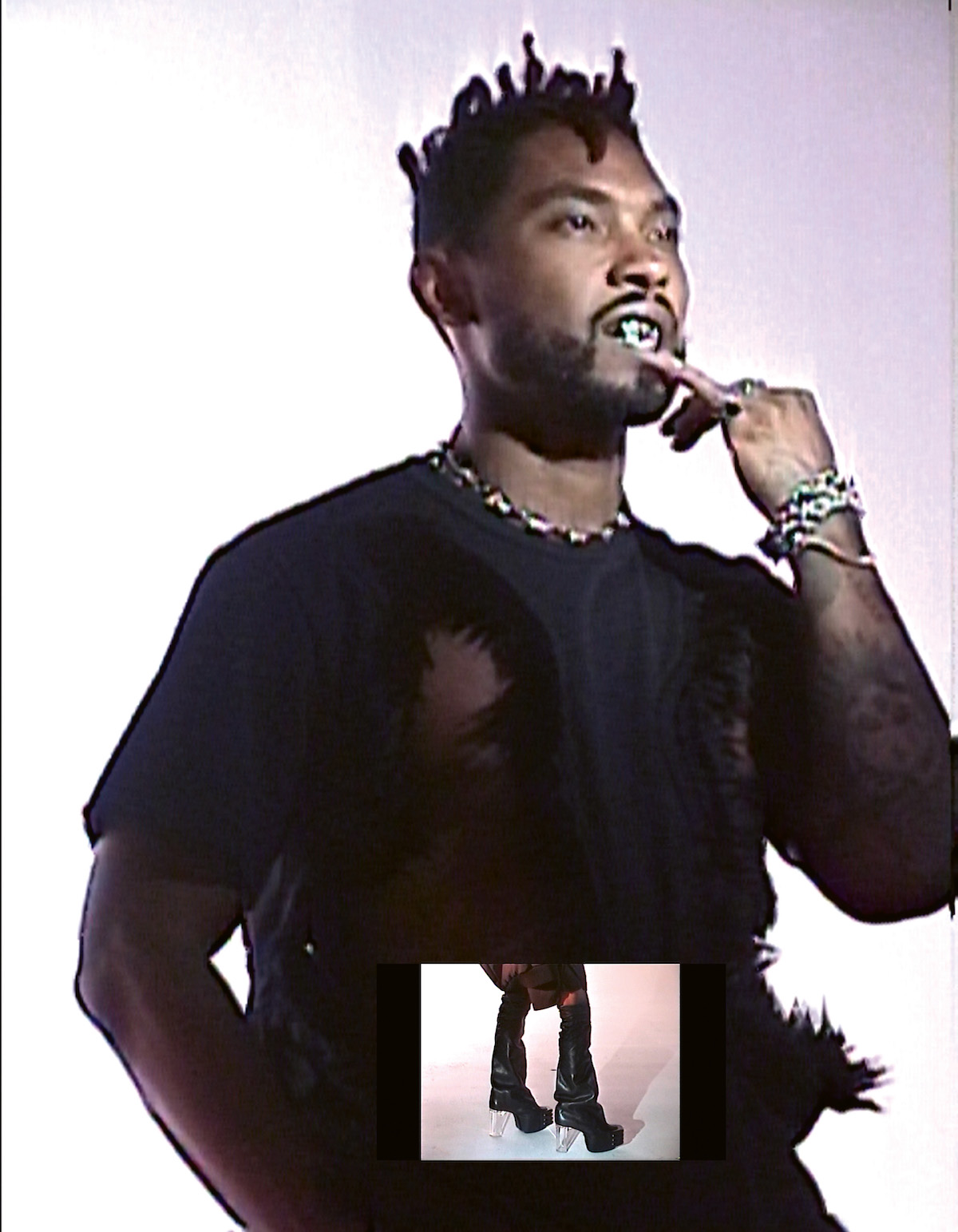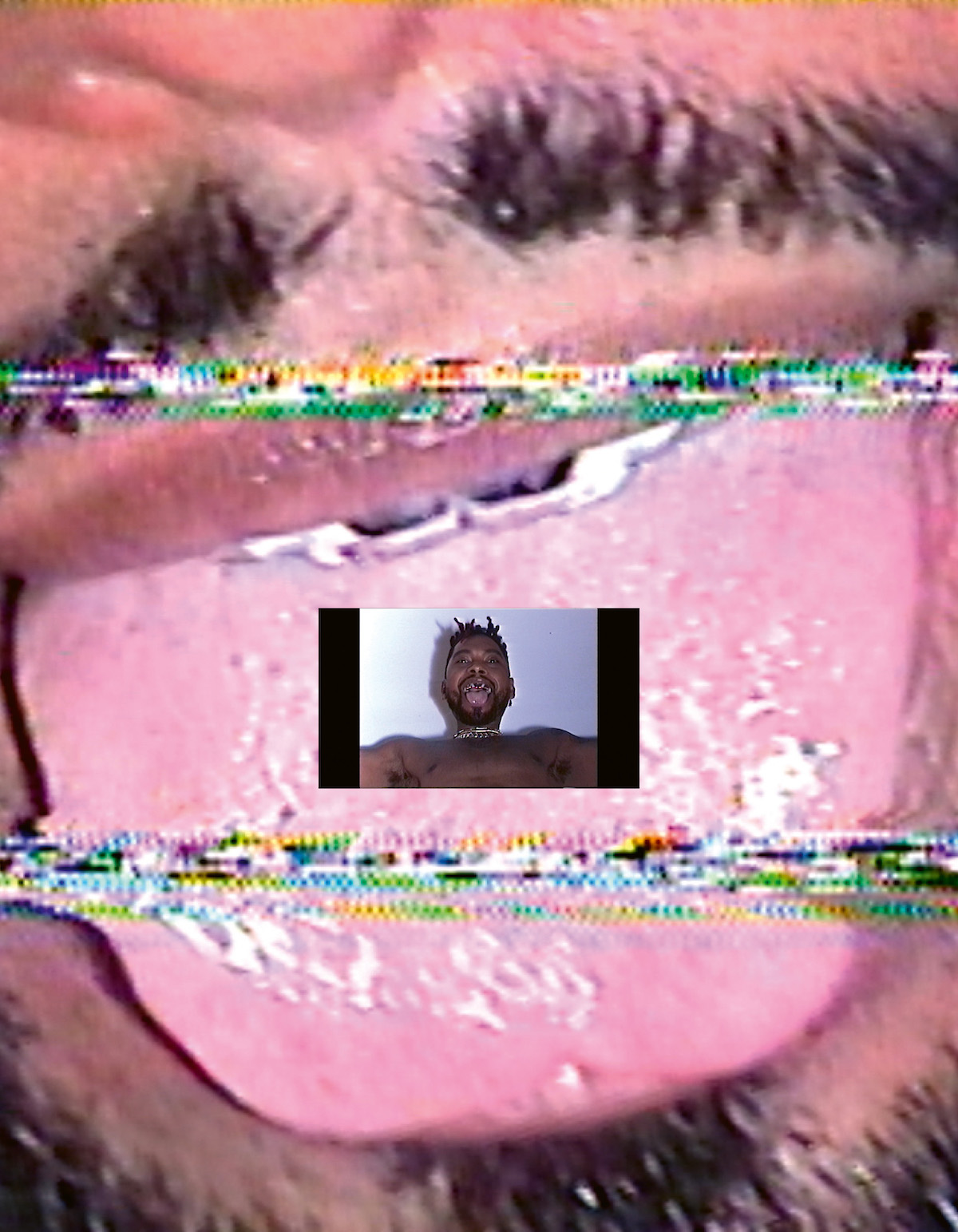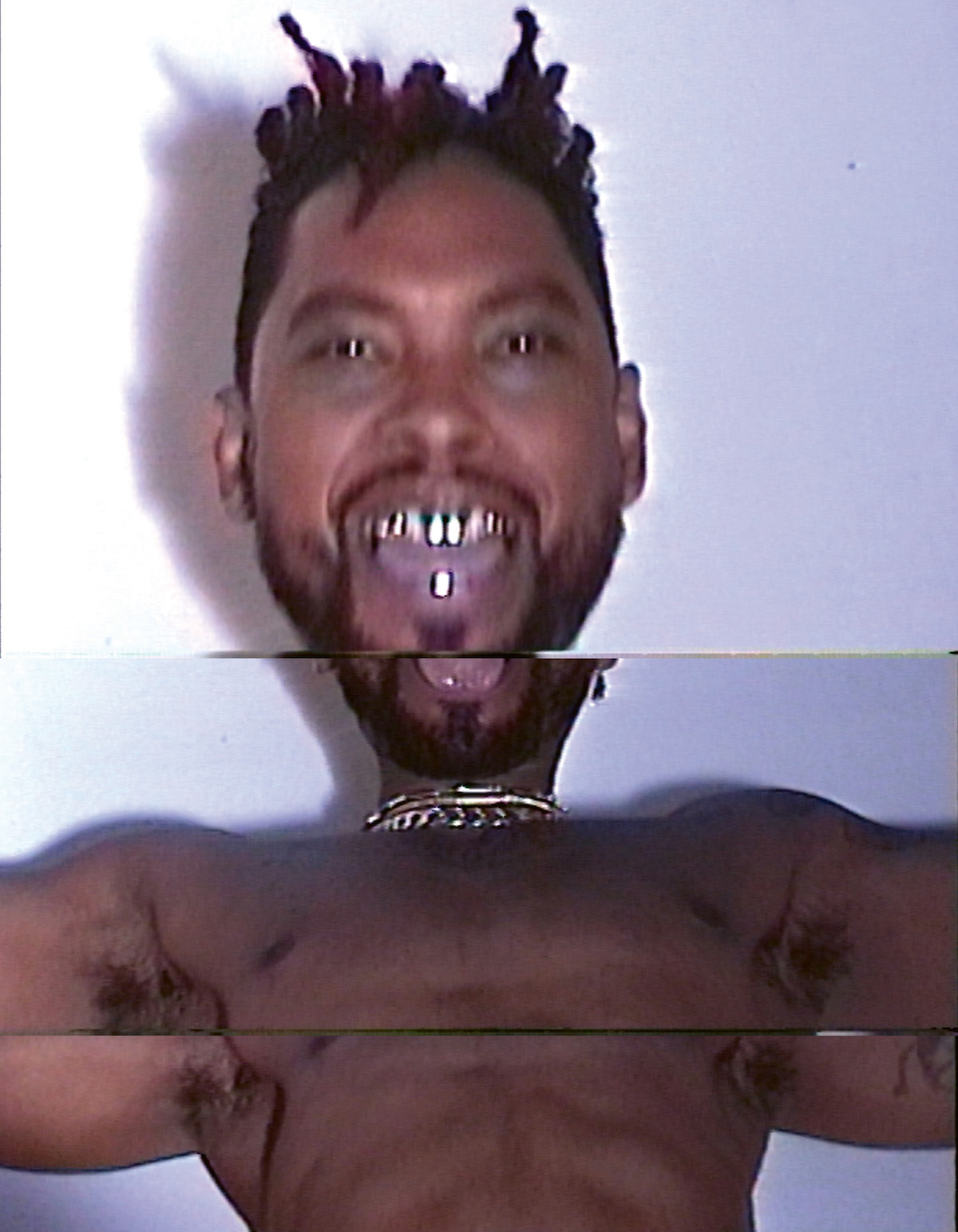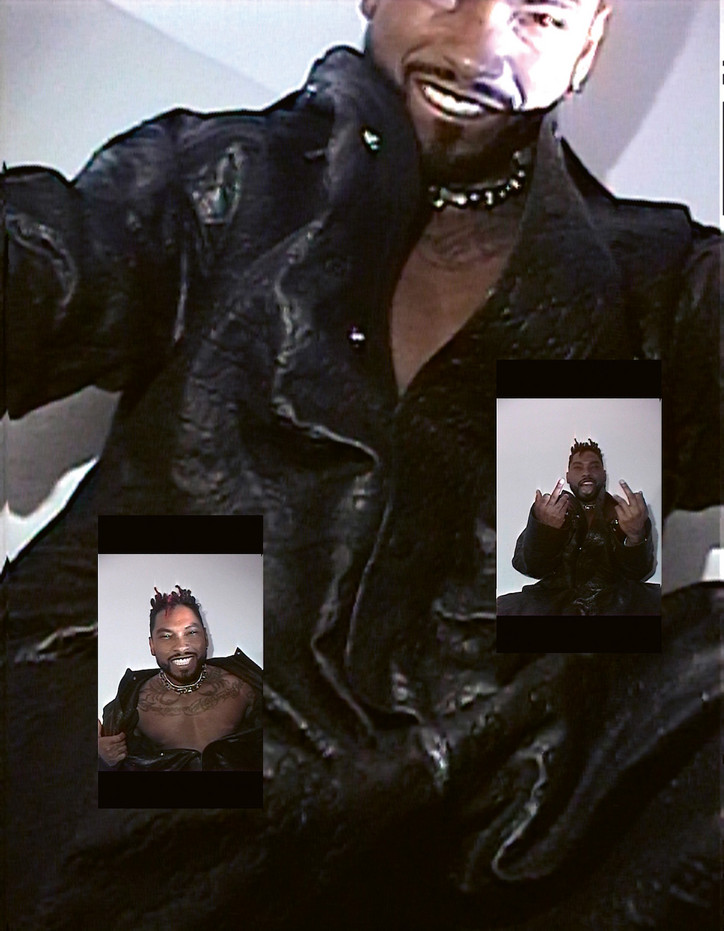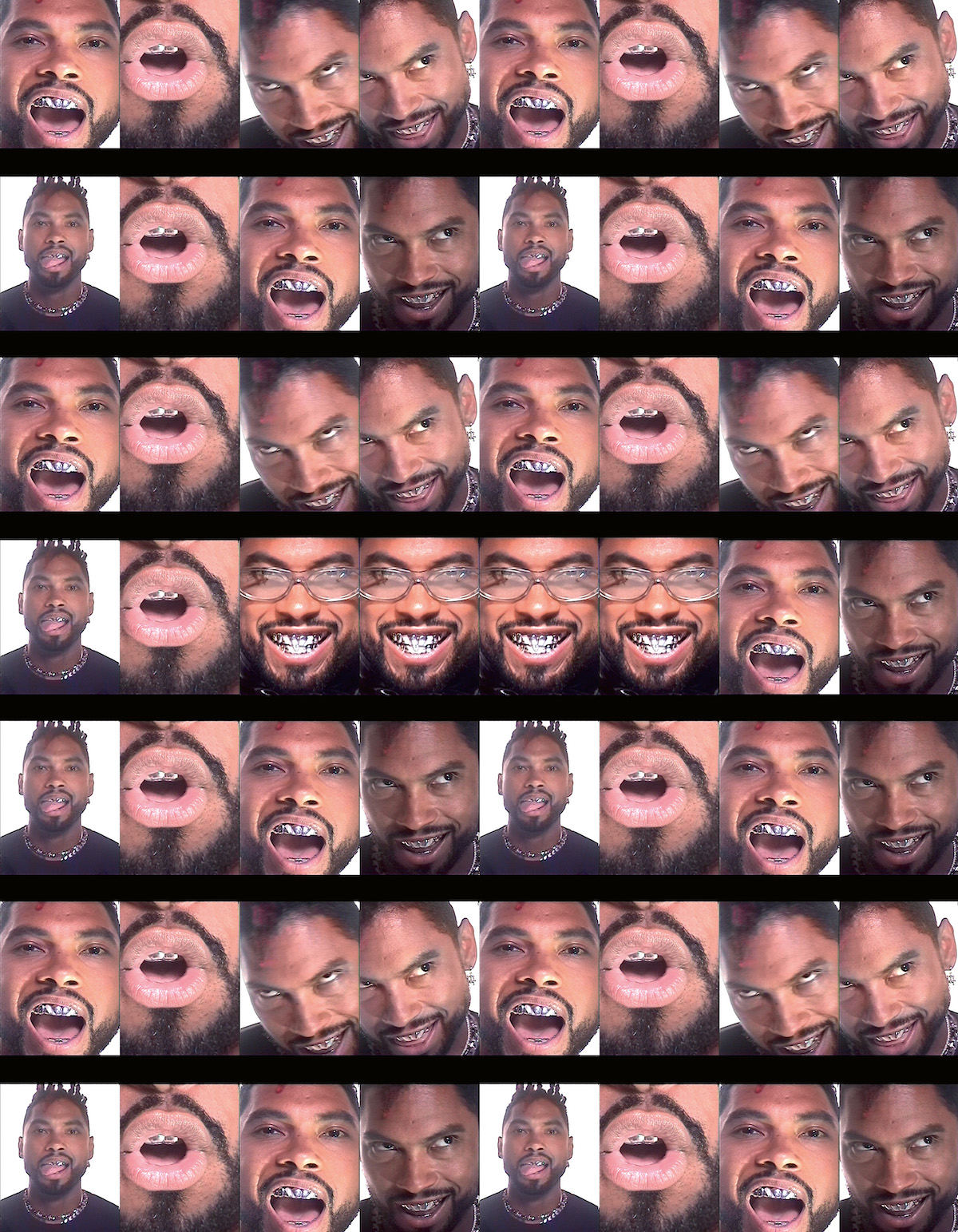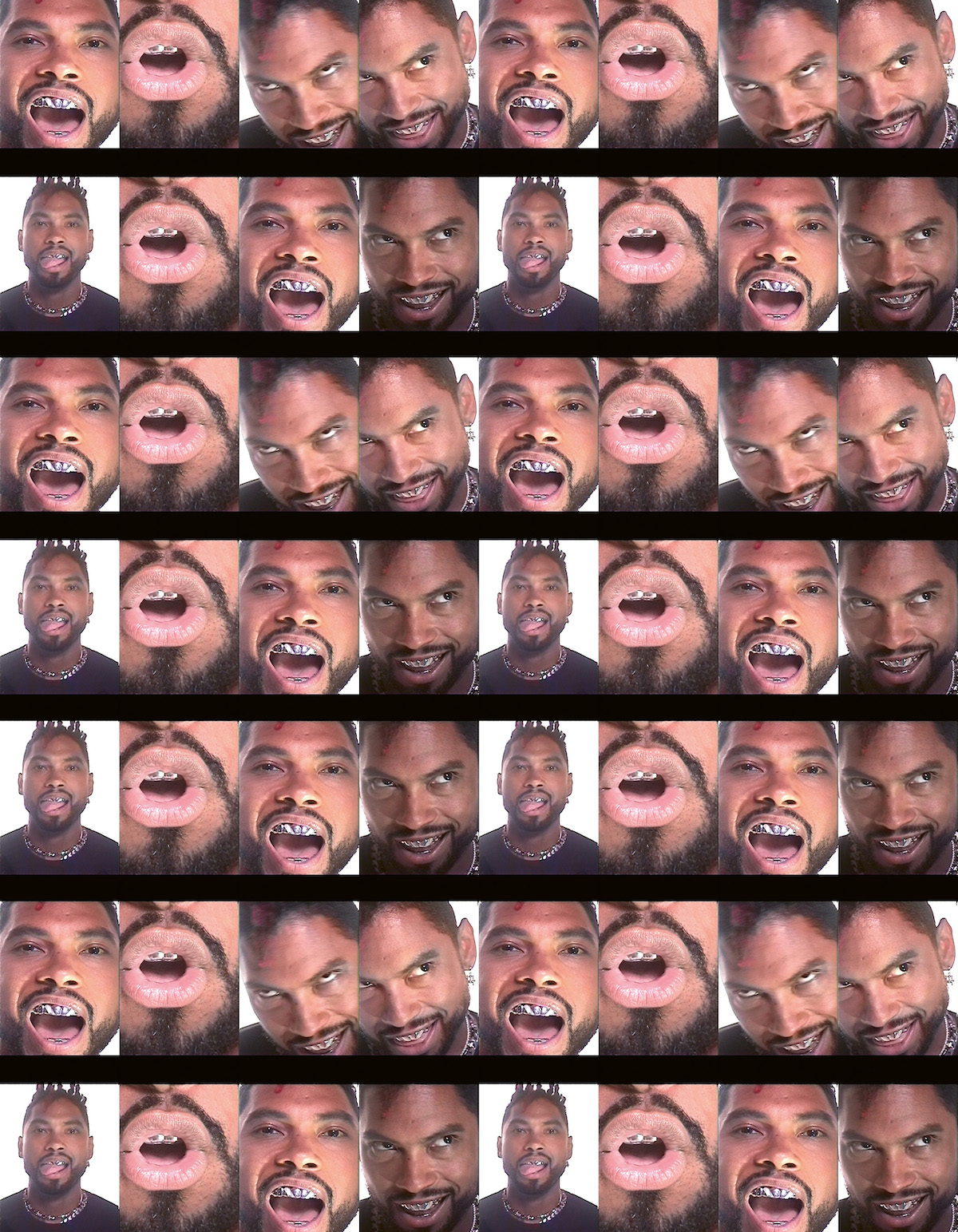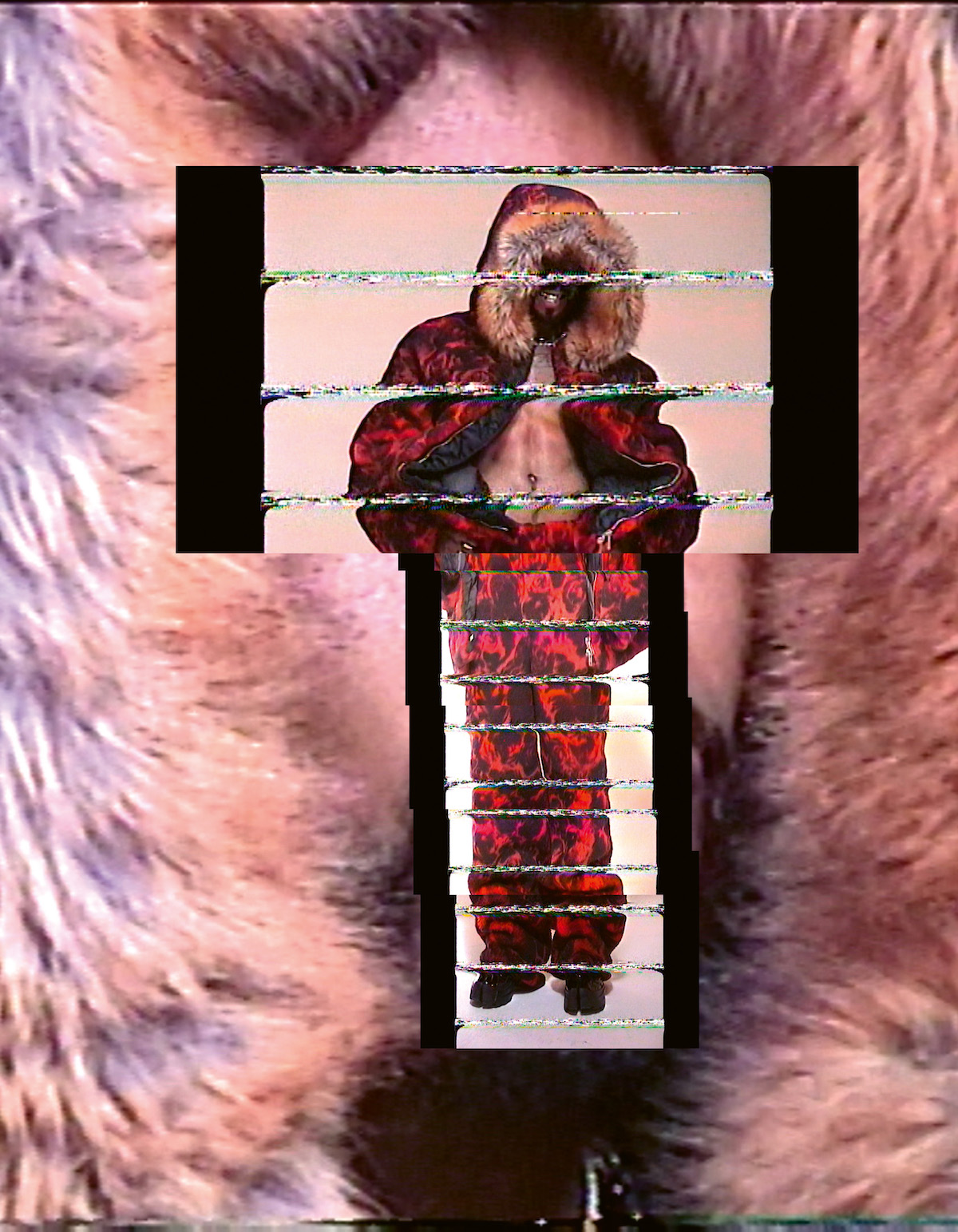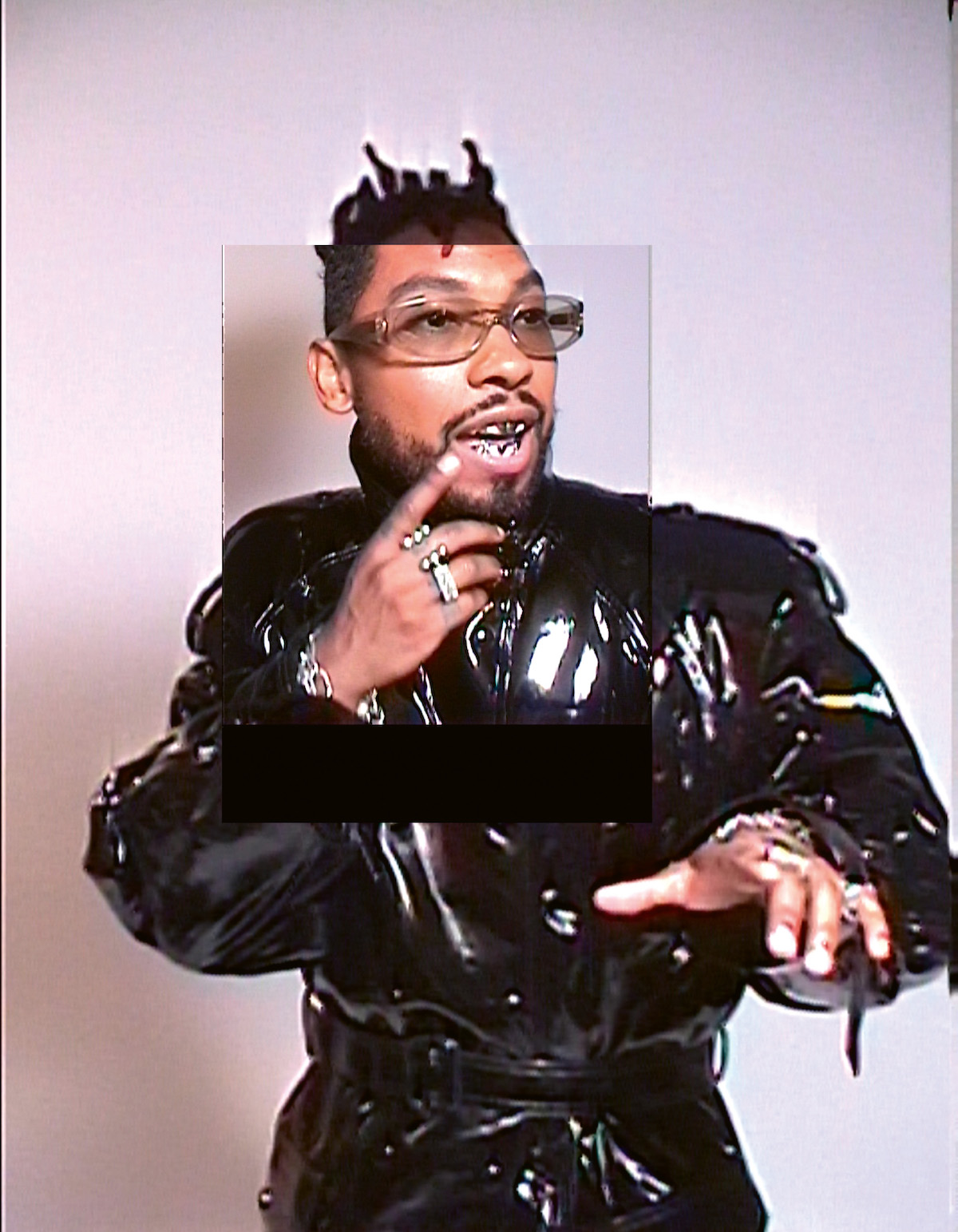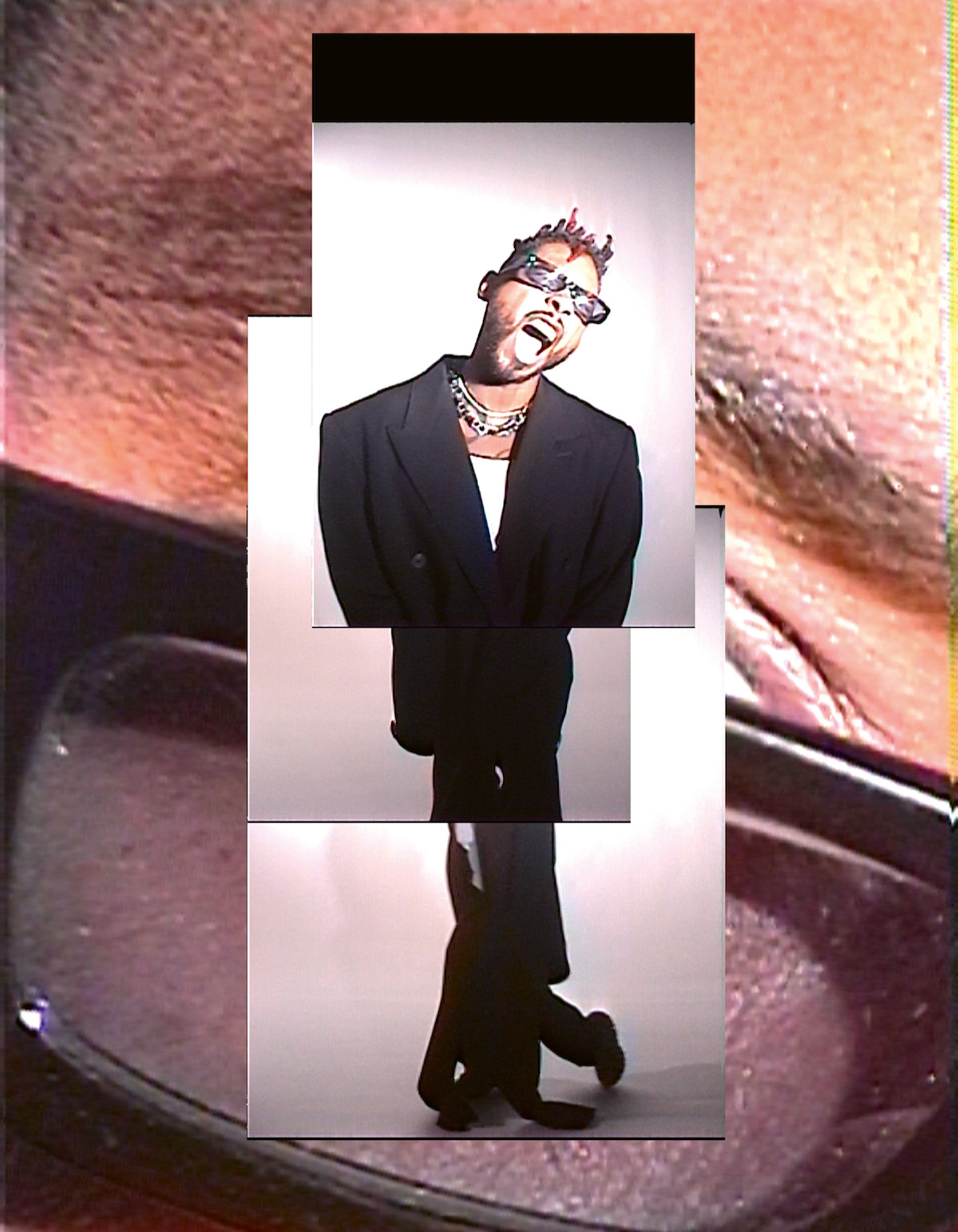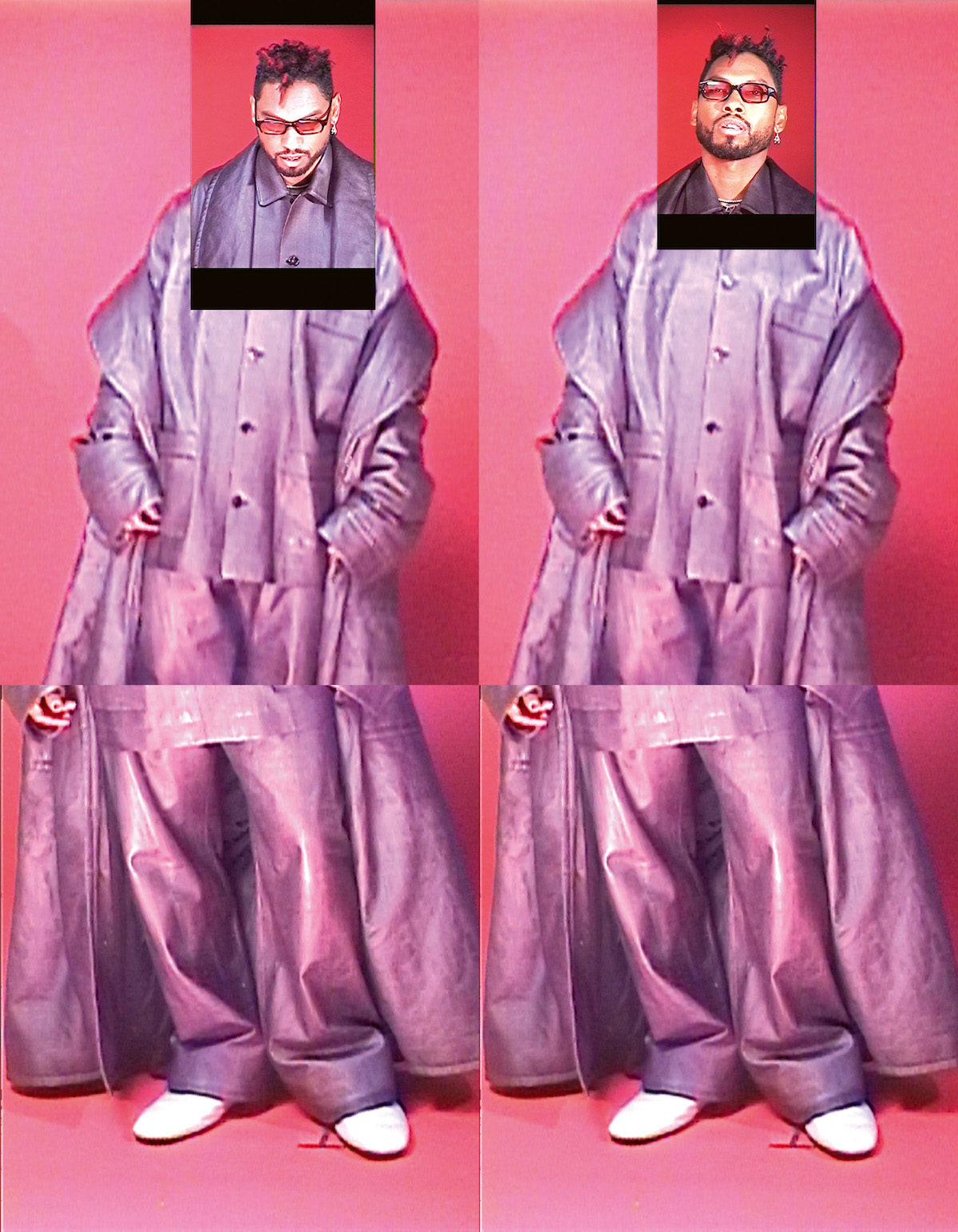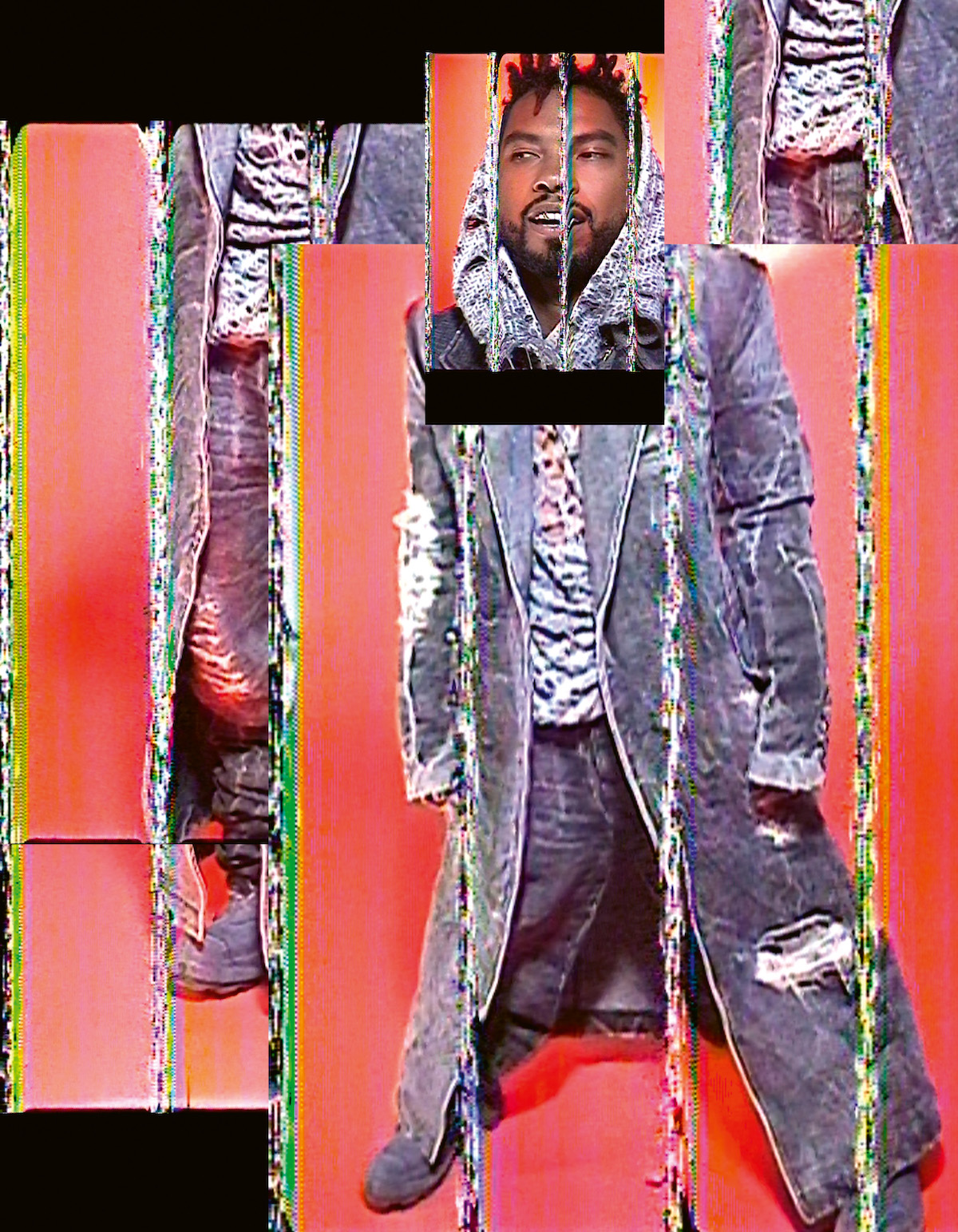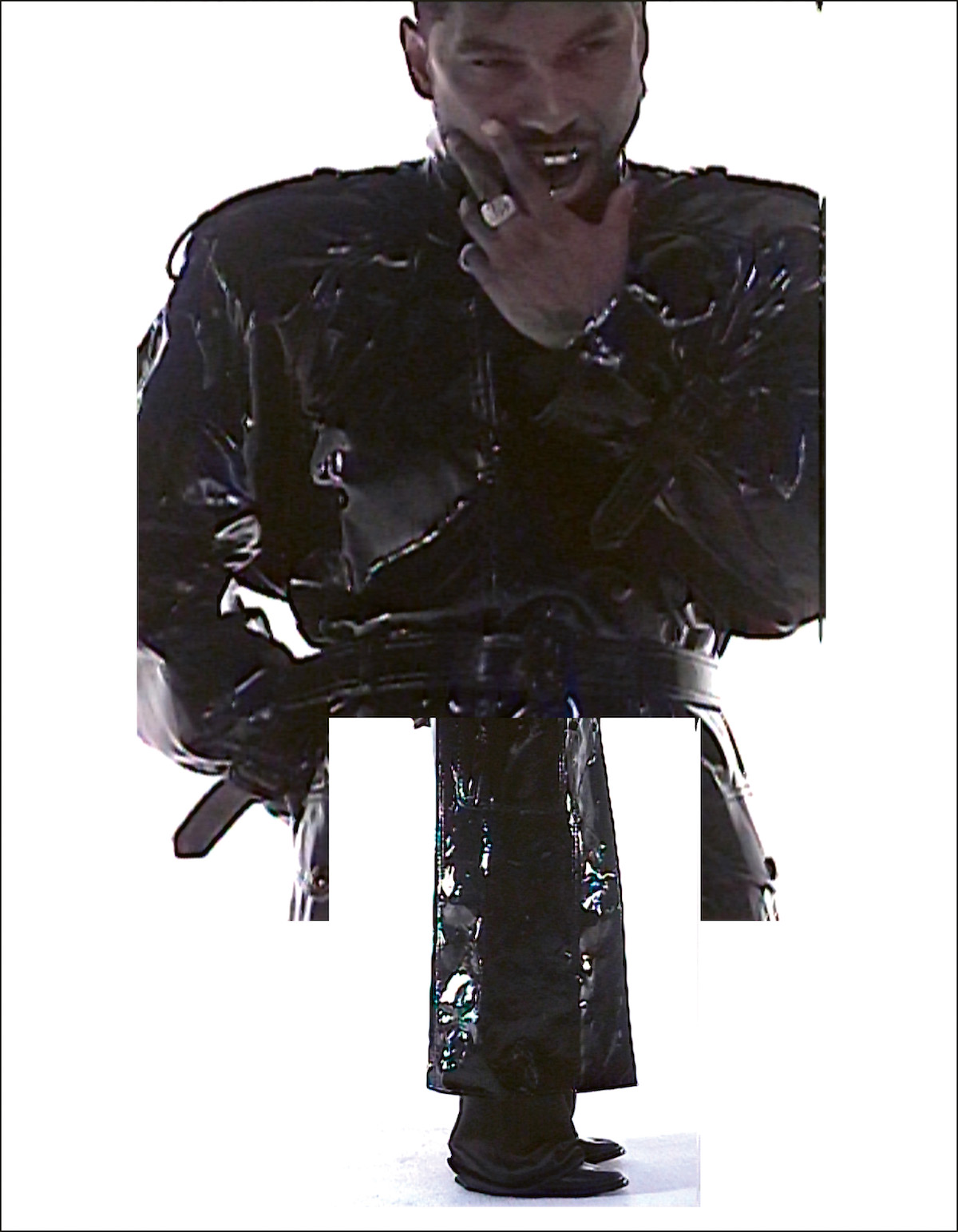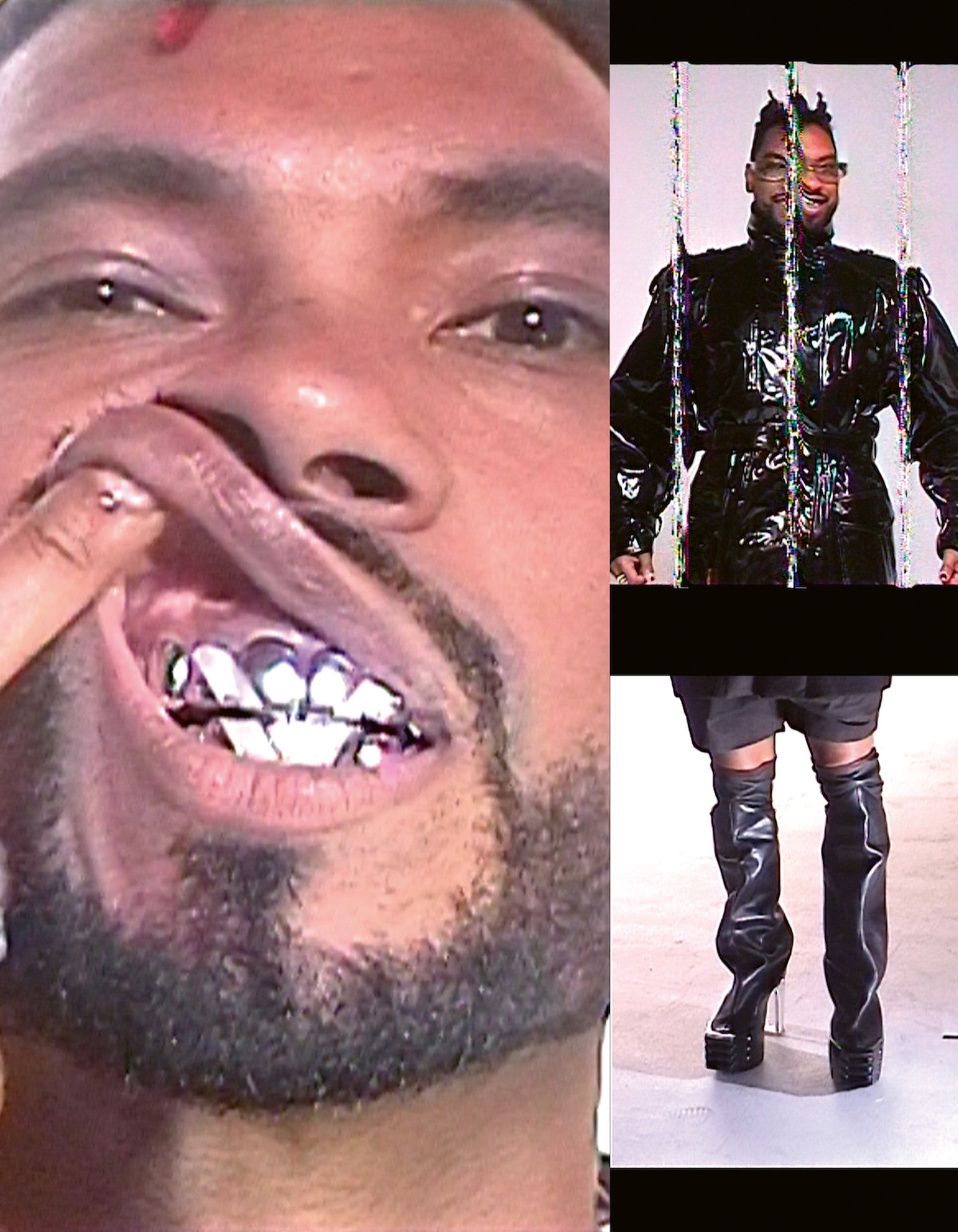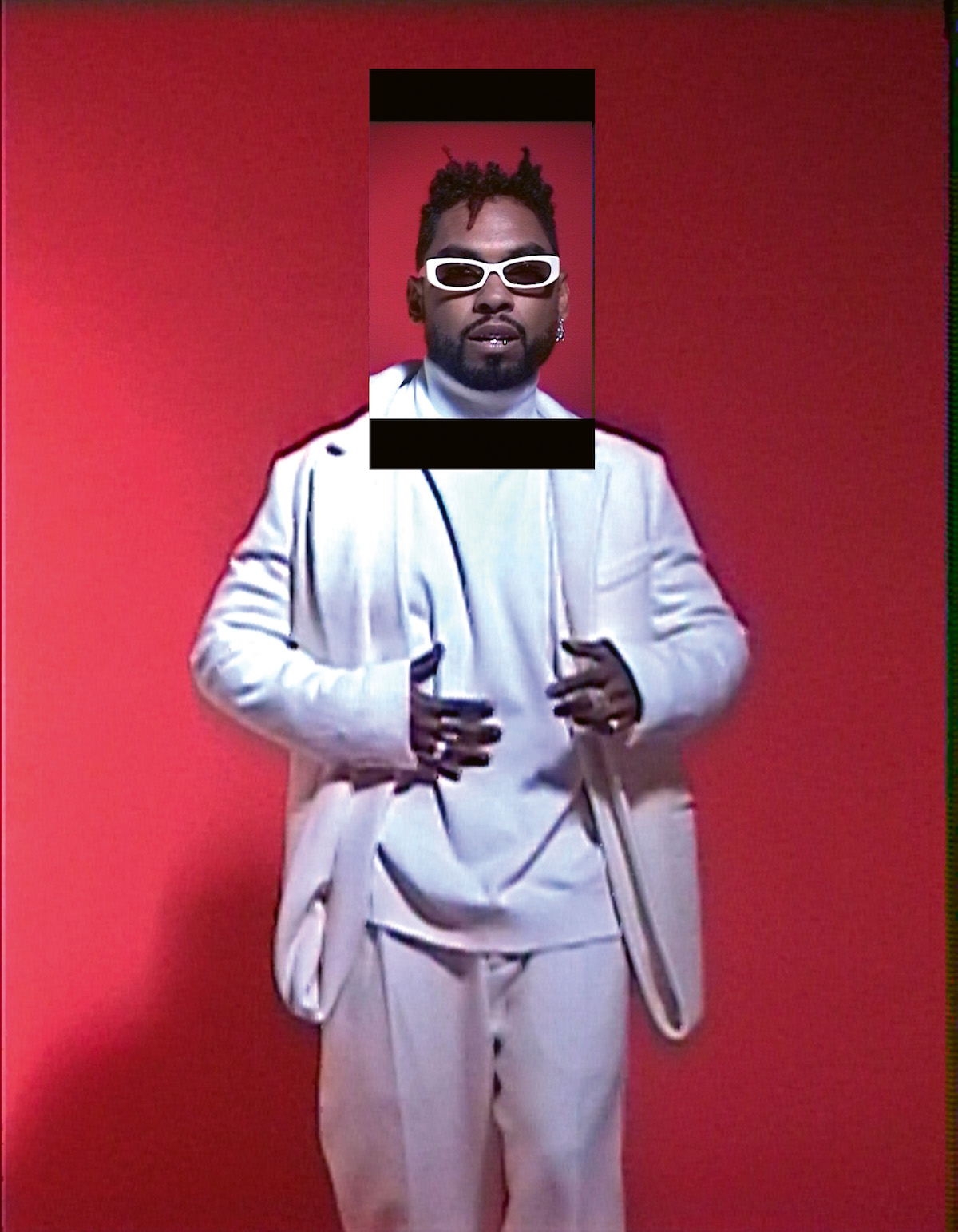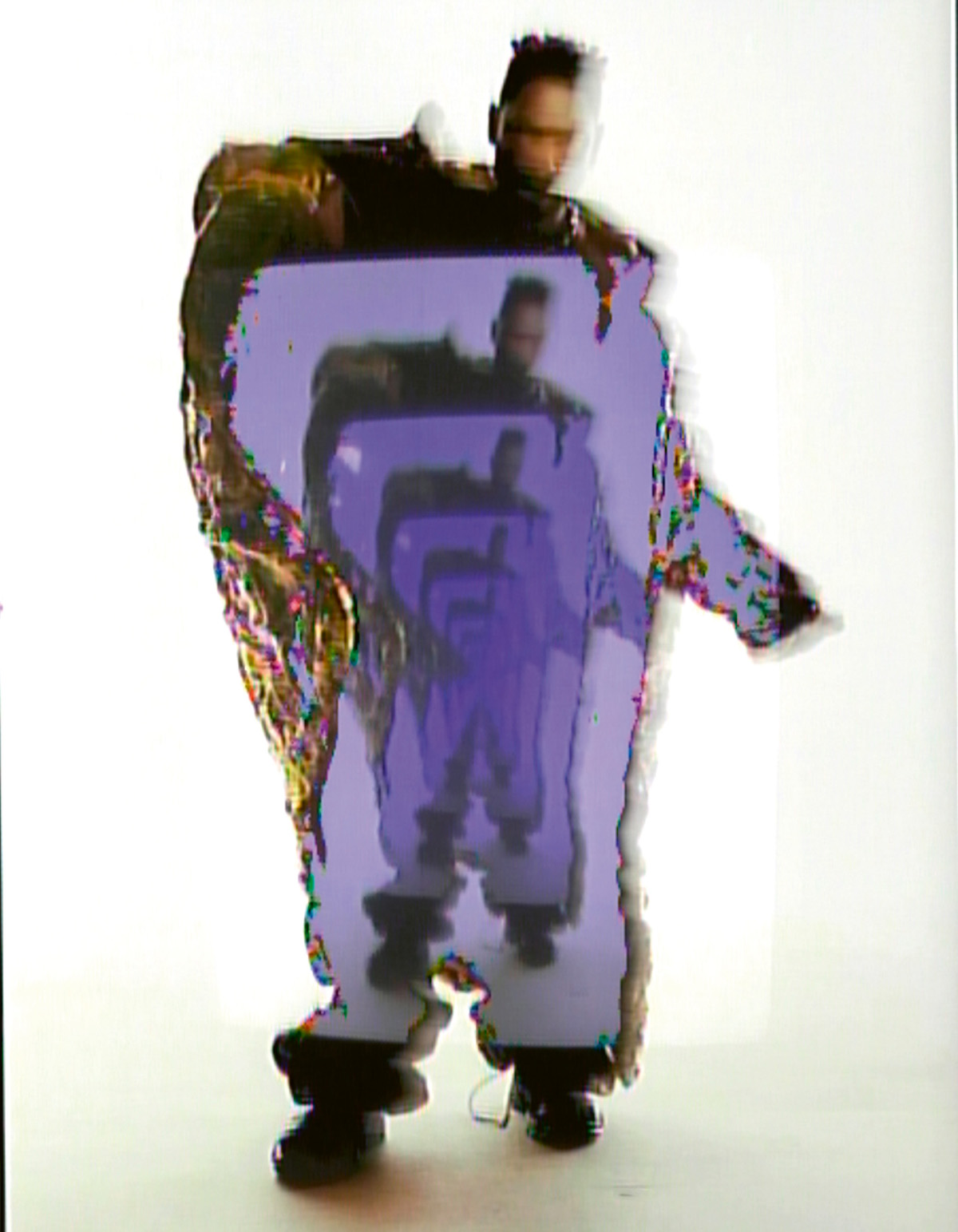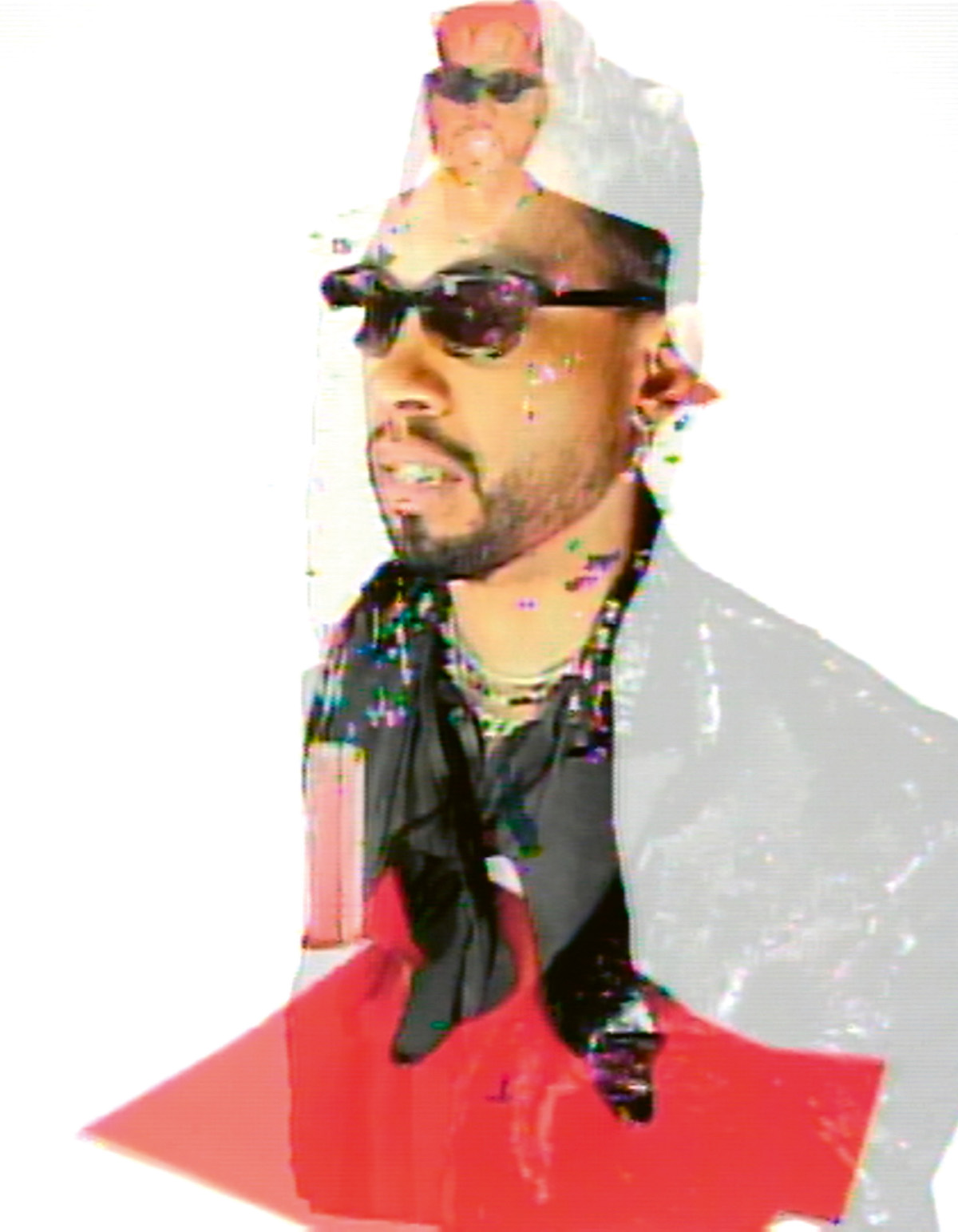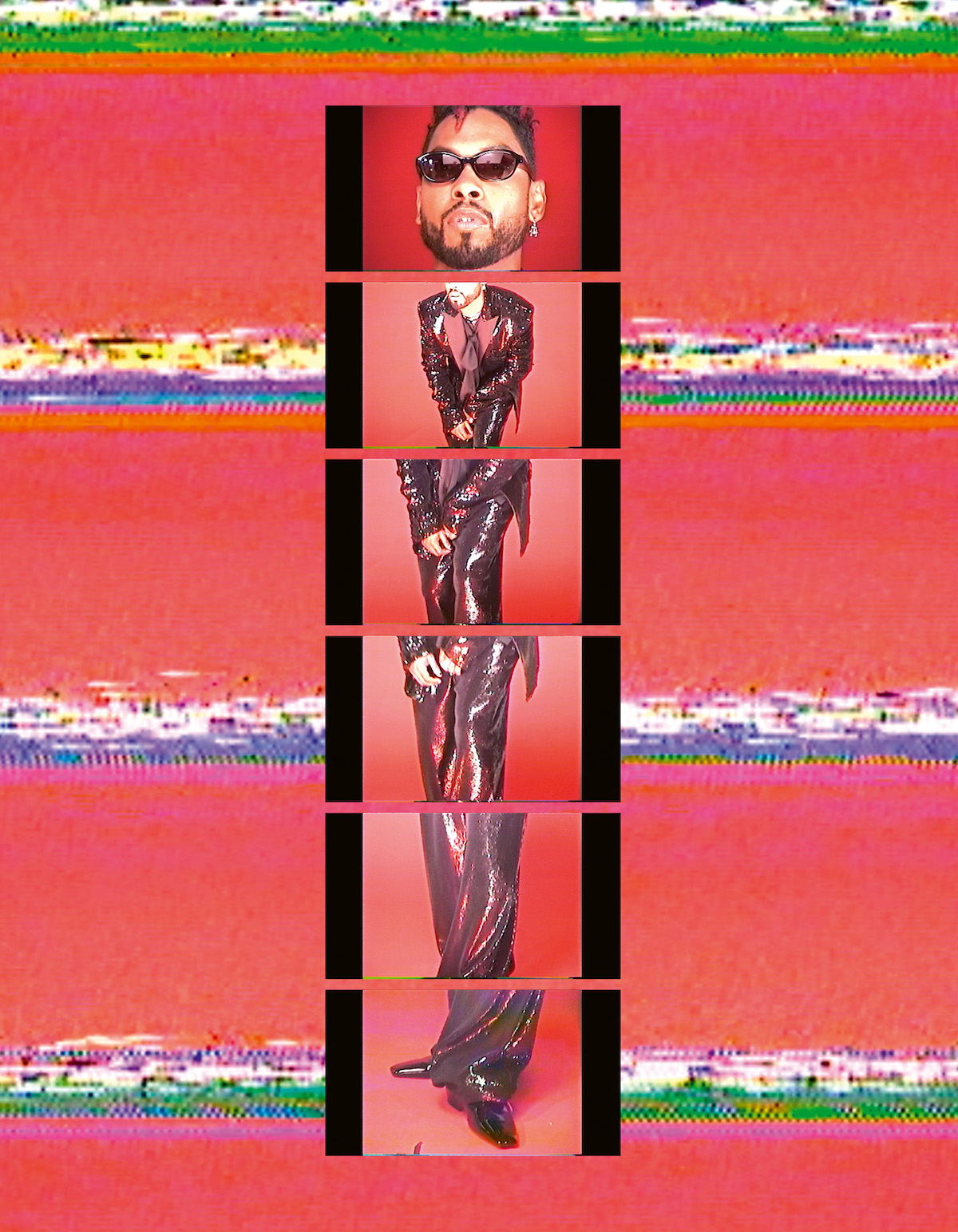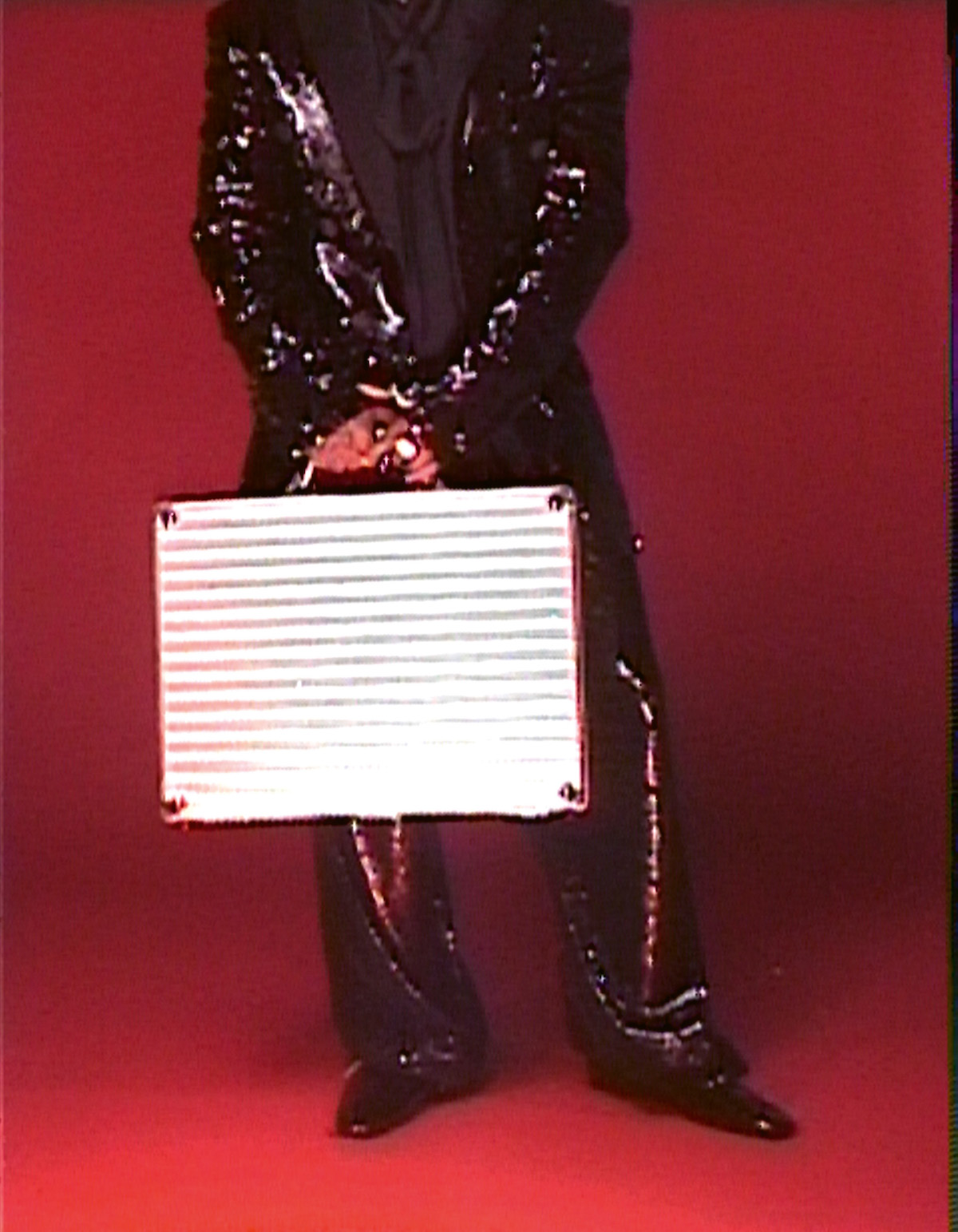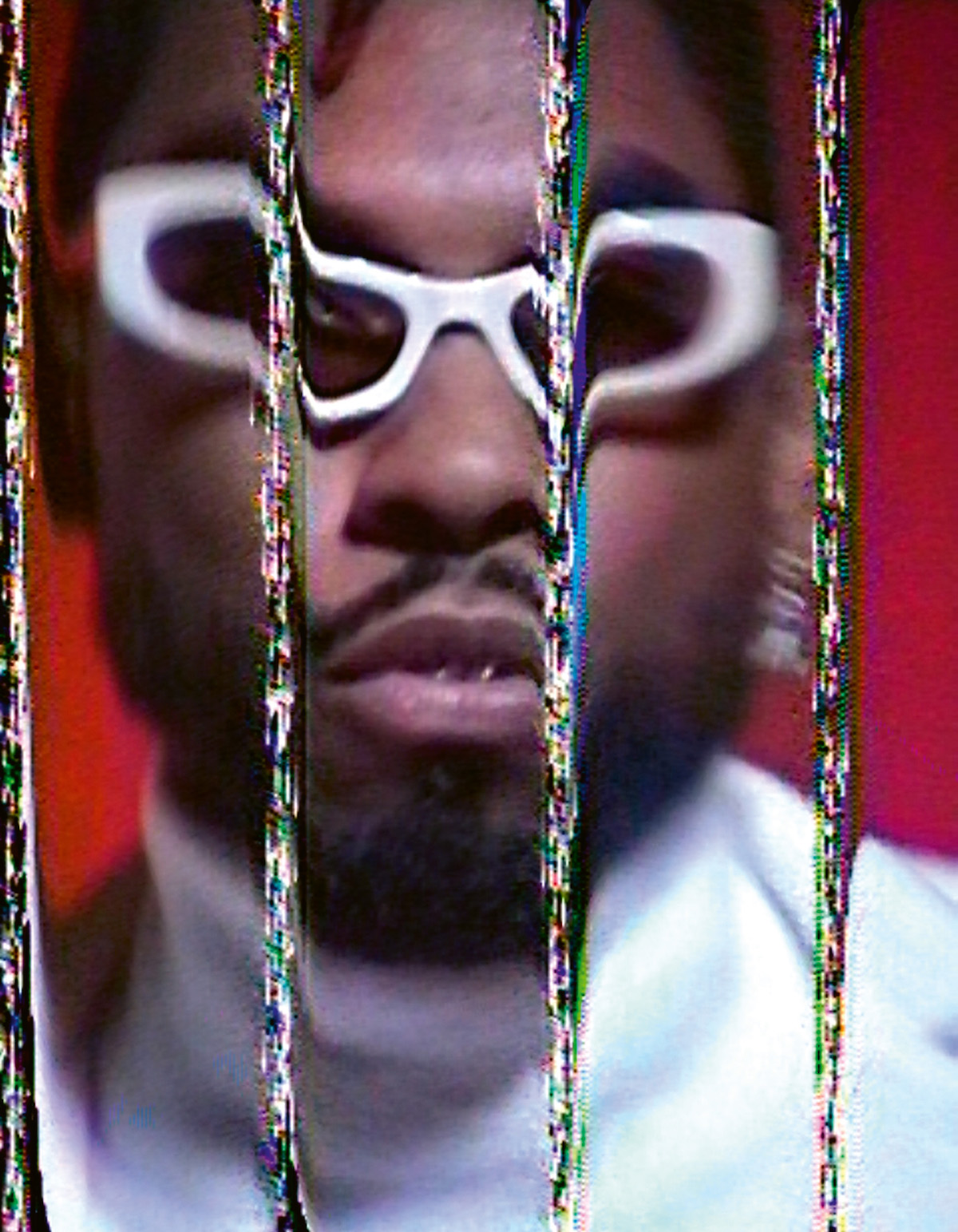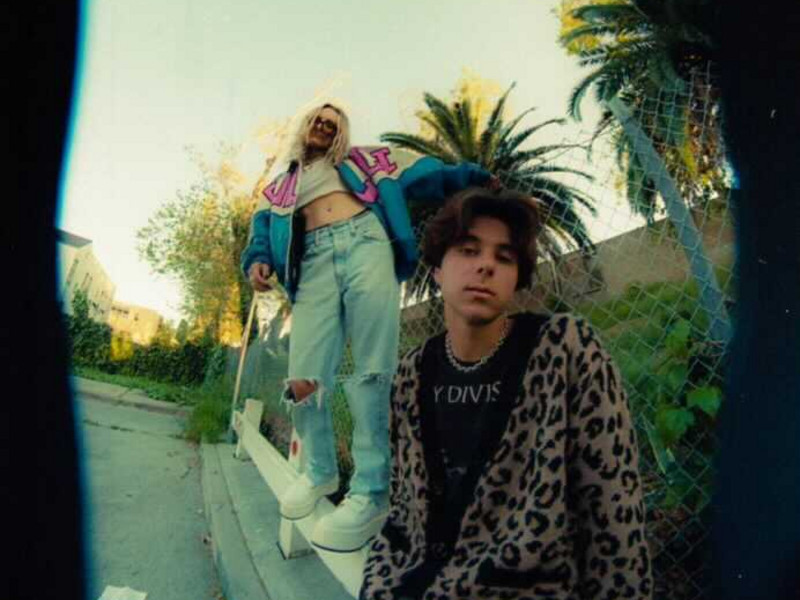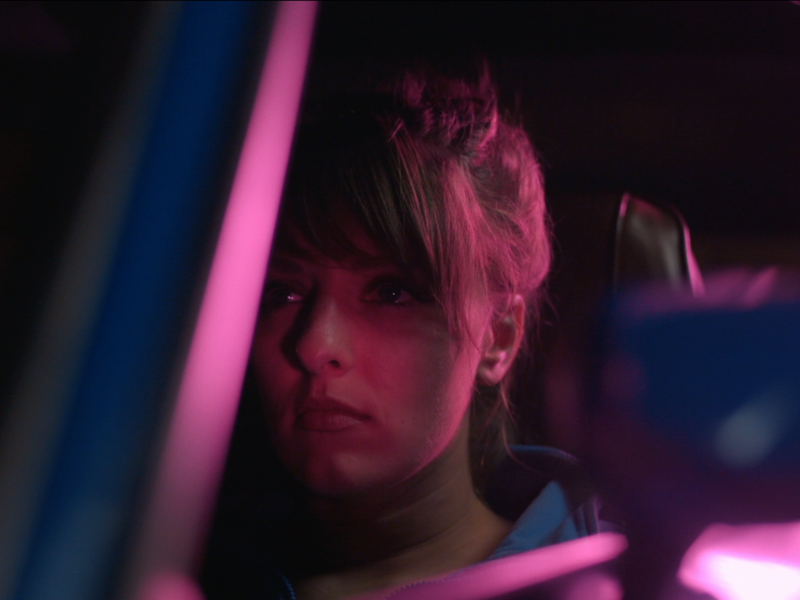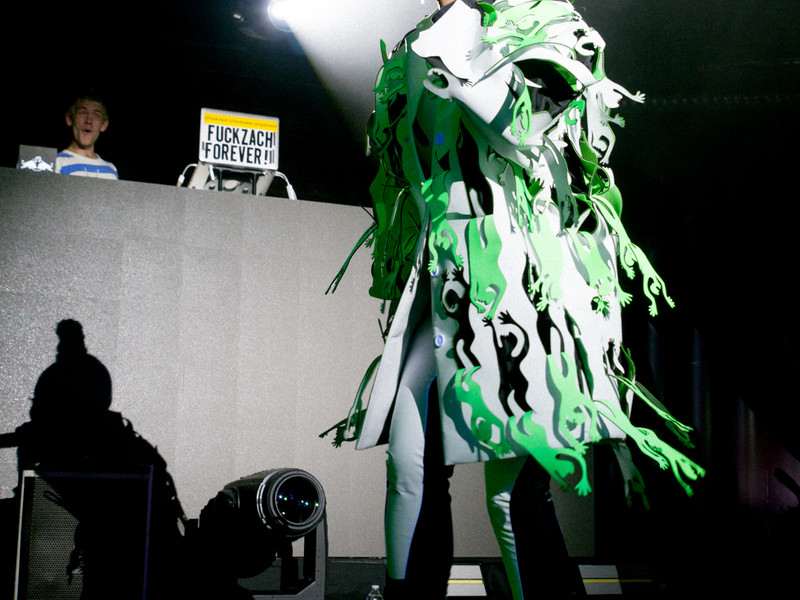SR— You have to want to make the best of life while you’re here.
M— I think it’s about honoring all your experiences. The good, the happy, the sad… All of it.
SR— I've been reading a lot of Eckhart Tolle. Also Don Miguel Ruiz.
M— The Four Agreements go crazy.
SR— Agreed. There's so much about forgiveness in it.
M— I think we can do things to our detriment because we want so badly for things to be the ideal, and you realize sometimes it's just not the path. That path of forcing things and trying to make things go your way is rooted in fear of letting go of what you're expecting or what you're wanting it to be. There’s the one that says to just always try your best.
It's starting here internally [Points at head]. If you are treating yourself badly, negative self-talk will manifest and come out in other ways, and then how could you not treat other people like that? You've given yourself the permission to do it to yourself.
SR— Same with boundaries. I found myself crossing other people's boundaries, but reflecting and looking inward, I realized that I didn’t have that boundary for myself, so how could I honor it with other people?
M— It’s a trip how, taking a look at your own habits, you realize that some of them are not even necessarily yours. There’s ones taken on from your circumstances, from your parents, from your family. Being able to look at things and say, “Actually that's not even me. I remember my grandmother doing that sort of thing. That’s probably where my mom or dad got it from.”
SR— I just had a conversation with my mom in which I had to deliver some bad news and I was afraid to. I got myself around to it and she was hurt for a minute but I told her how I felt and she thought it was interesting because she always avoided similar conversations with her mom.
It’s exactly what you said. It seems linear, but it’s a cycle and now I have tools and some kind of awareness to do something about it.
M— Again, we didn’t get here overnight. It doesn’t mean that we can’t make massive changes in a short amount of time, but with intention and clarity, we can grow exponentially. It’s important to give ourselves a little bit of grace.
SR— Why do you do what you do?
M— Initially music was my way of understanding people and, I hate to admit this, but even as a kid I wanted to be liked.
SR— We all did at some point.
M— I was sheltered from a lot of my neighborhood and other kids. I was allowed to play here and there, but making friends that weren’t in the same religion was off-limits. It made my relationships with my peers a little obtuse and growing up racially ambiguous in the eighties was also a big thing. There was always a little bit of distance from people, and music was one of the ways that I could get people to talk to me. Now at this point in my career, I could continue to do what makes people “like” me, but it’s so less about wanting. I could continue to make the song that everyone loves again and again and again, but I find myself wanting to pursue truth and that doesn't always make people happy.
SR— I feel you.
M— As an artist, my job is to express myself in the purest way possible, because that is where true emotionality resides. I lean into my connection to art across the board as a sort of north star when it's time to make decisions on what it is, why I do what I do. I ask, "Does this feel true?" If it's true, it's going to connect with someone. That's why being 5, 6 years old, hearing Donnie Hathaway, and being able to grasp the pain, the loss, the grief he was going through stuck with me. Why could I feel that way if I wouldn’t know romance in my life for decades? That's emotionality. That's the fucking goal and that's what we're going for.
